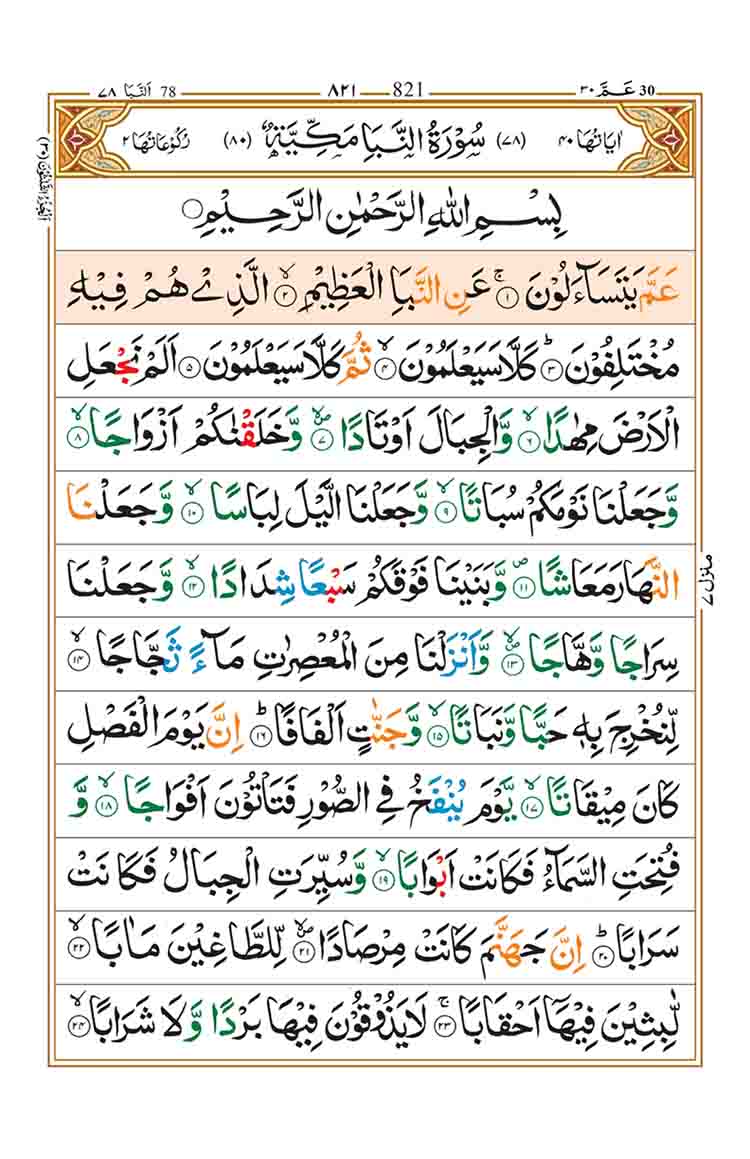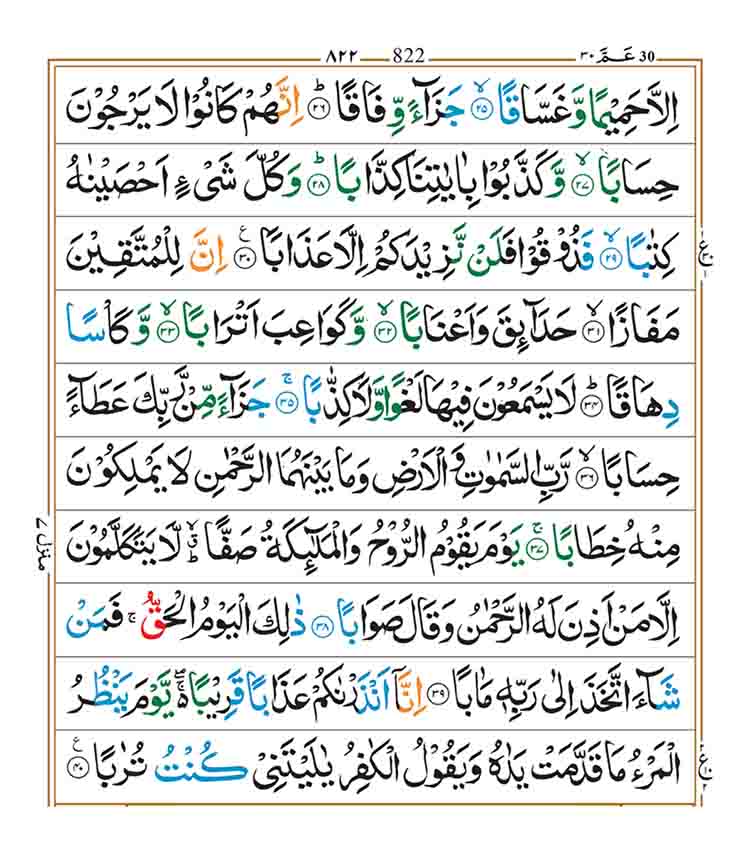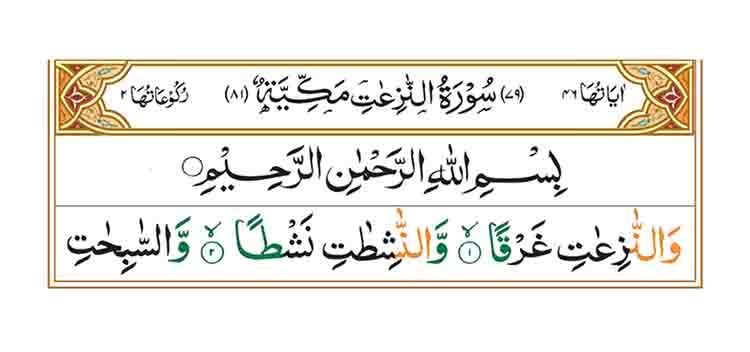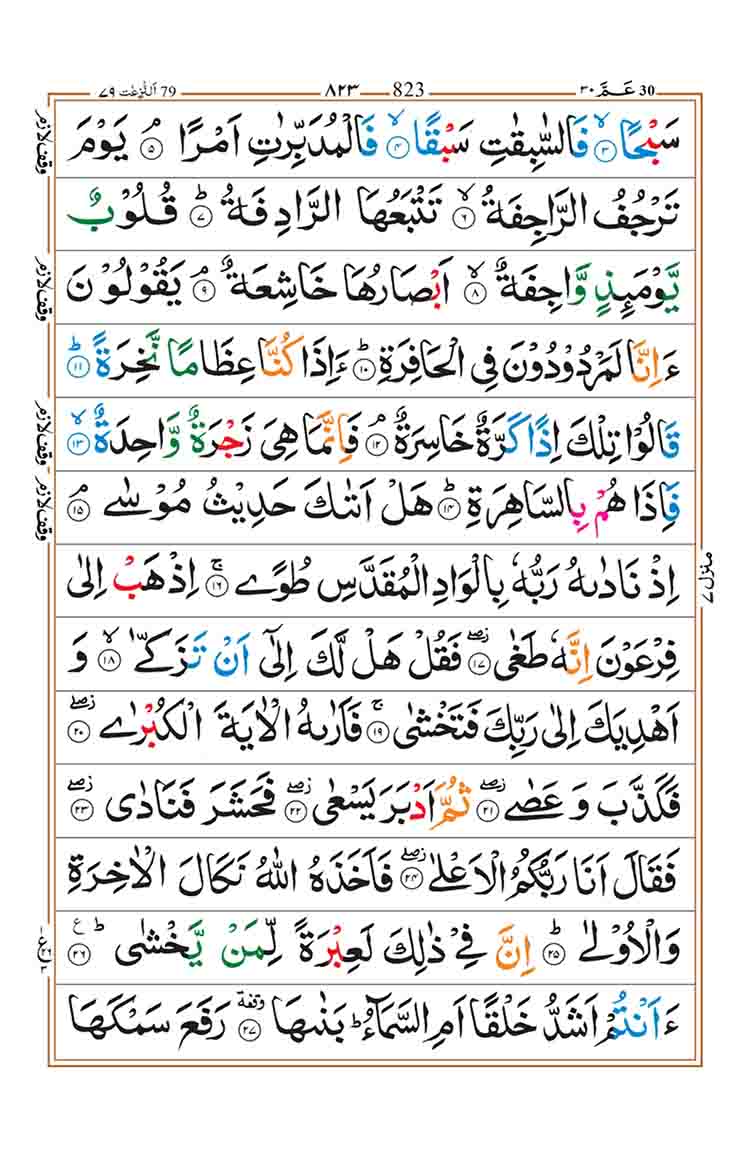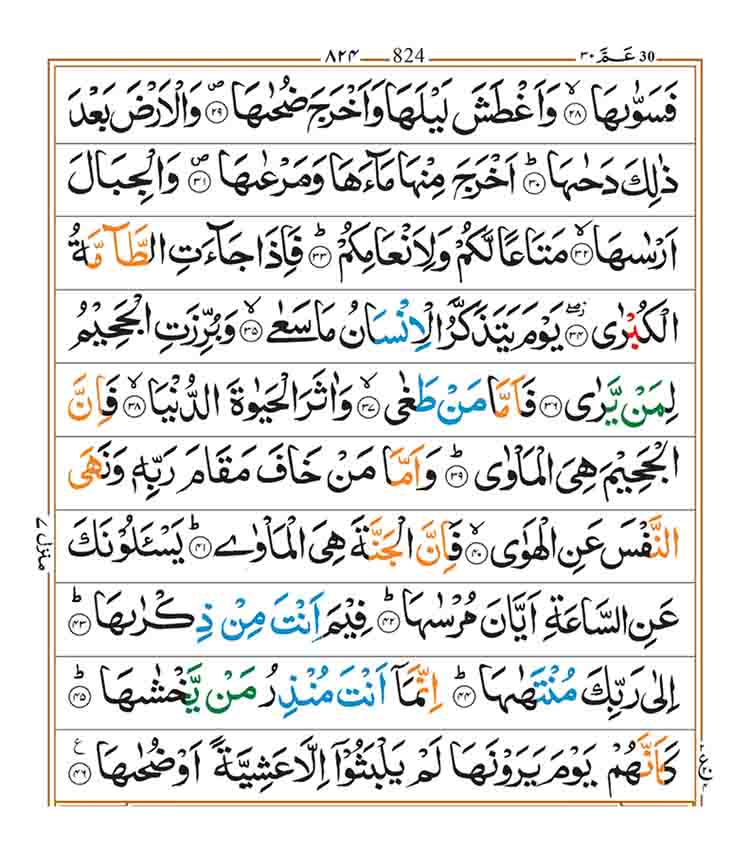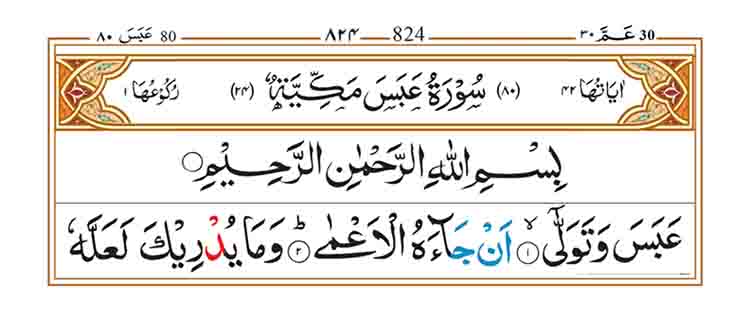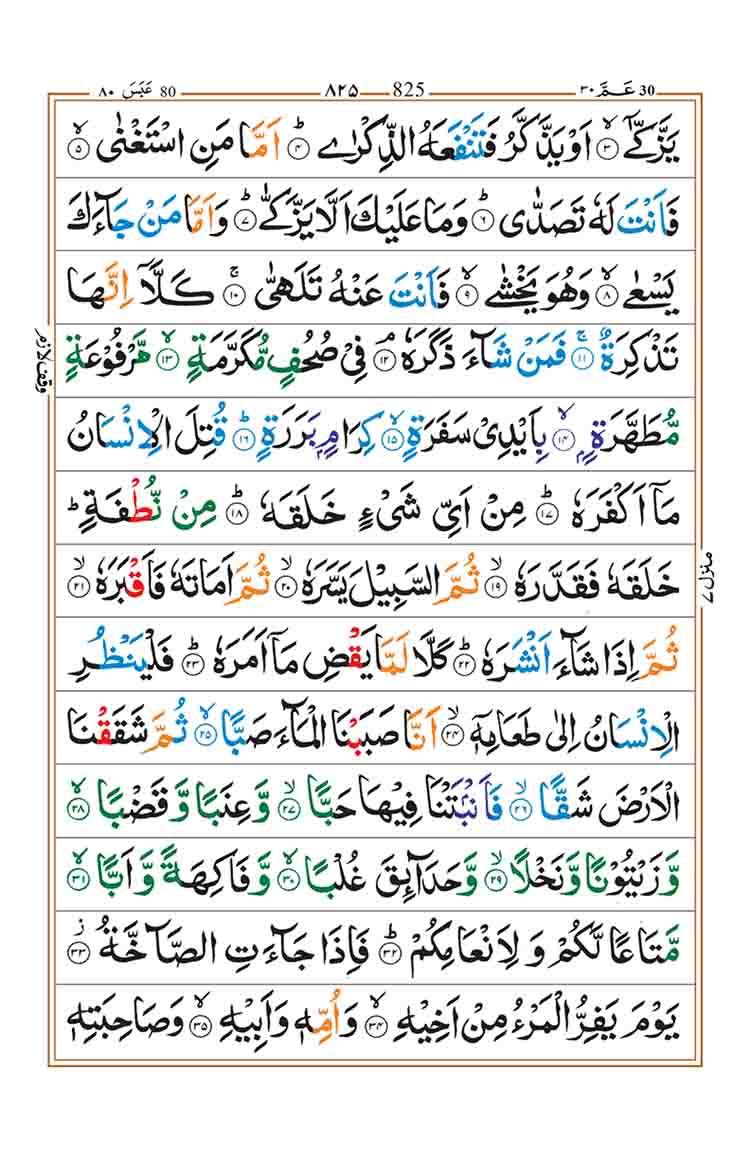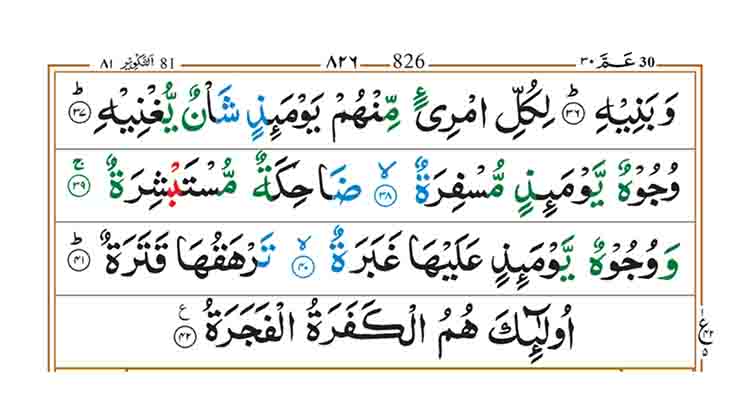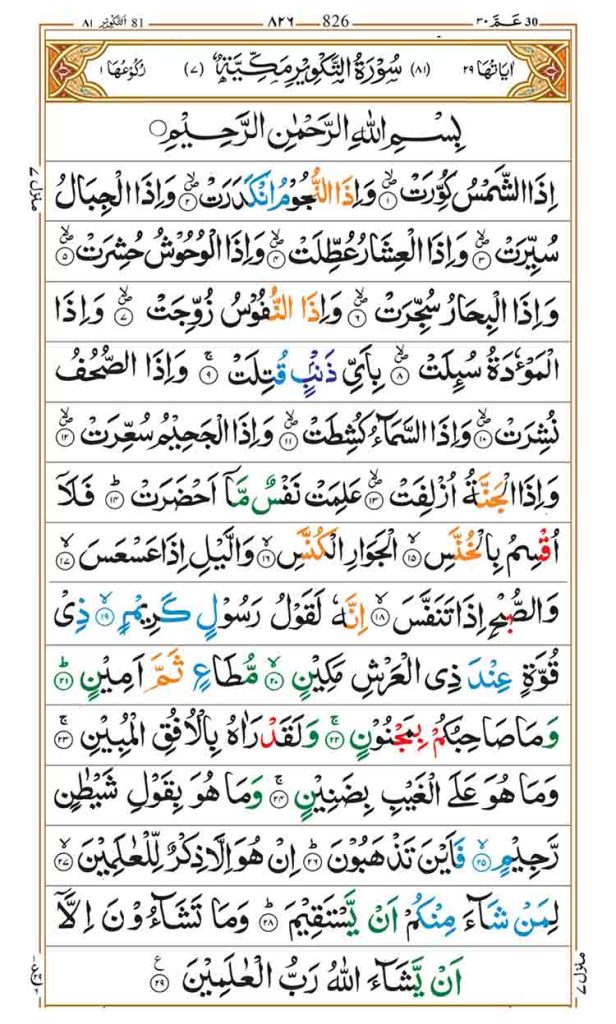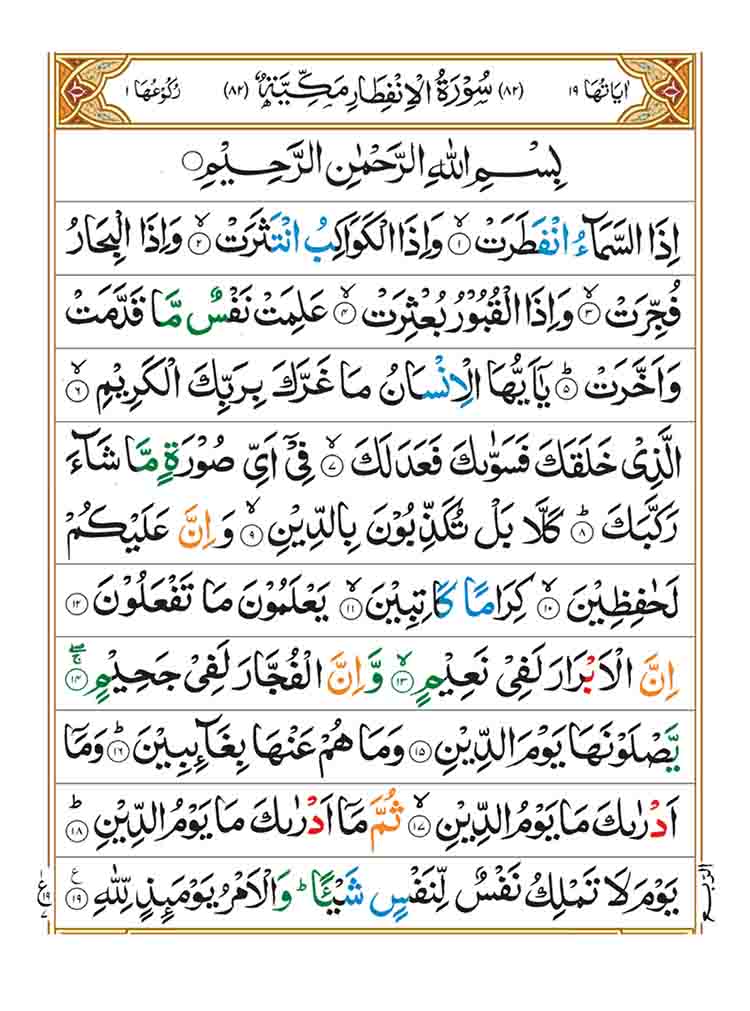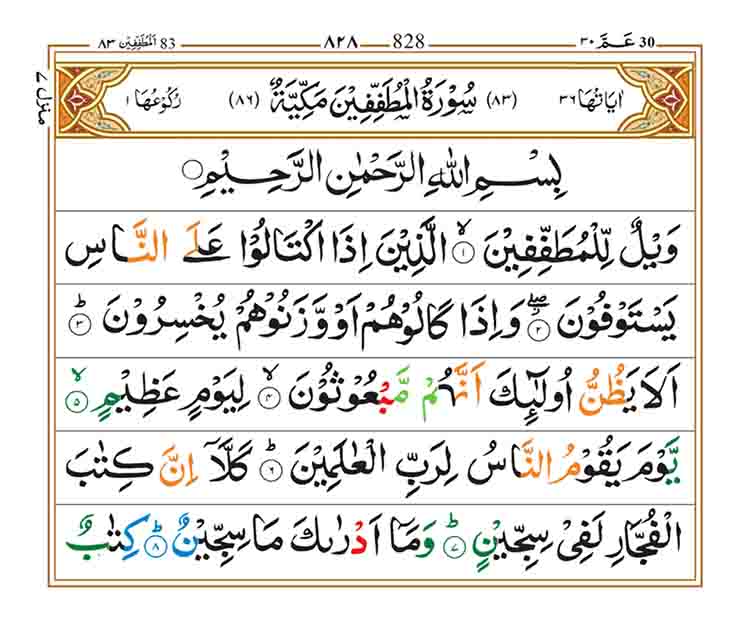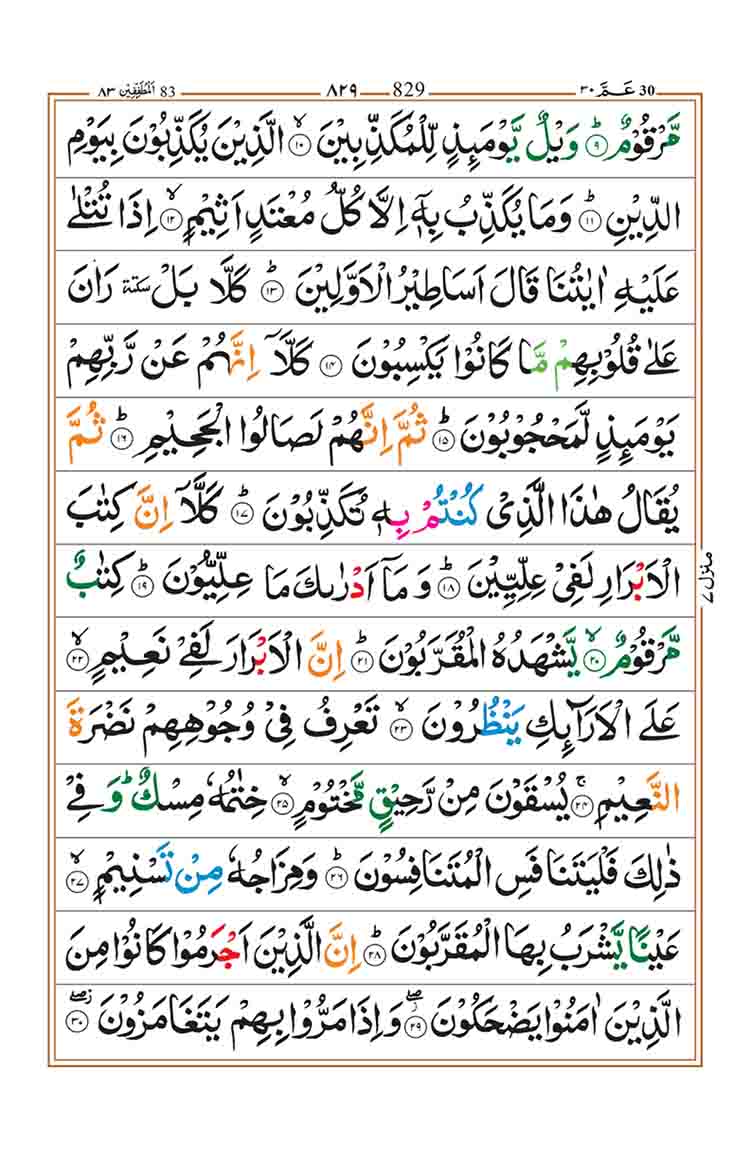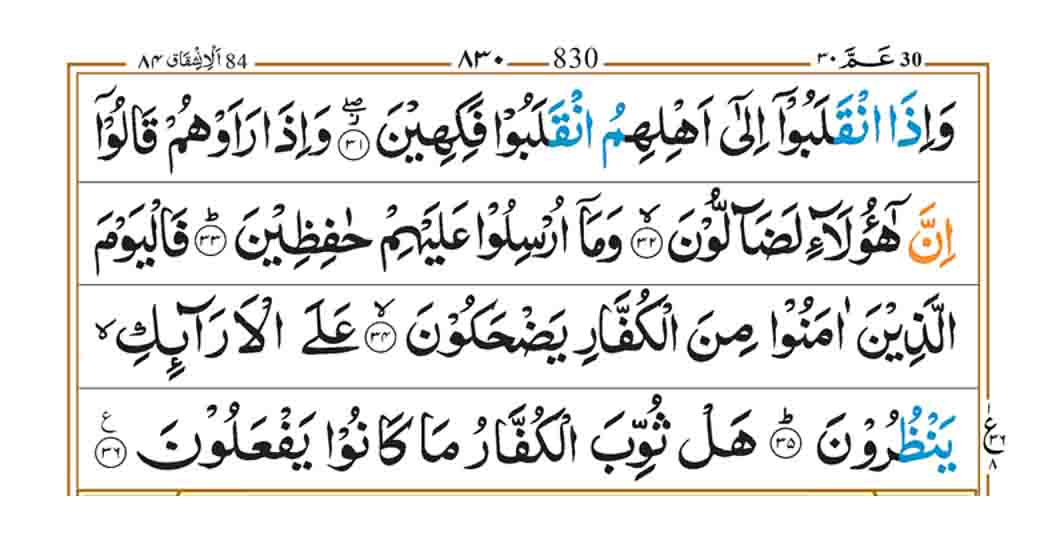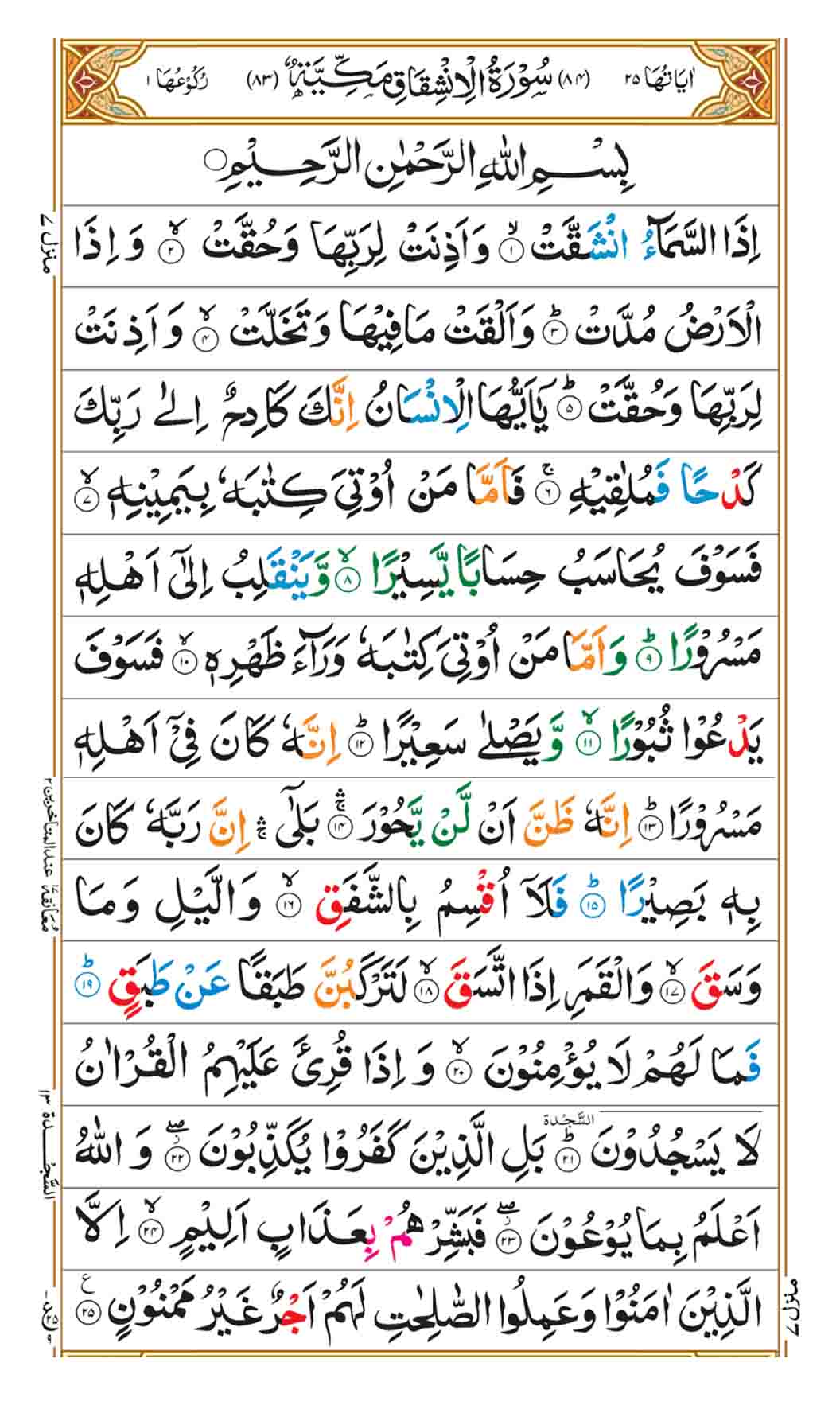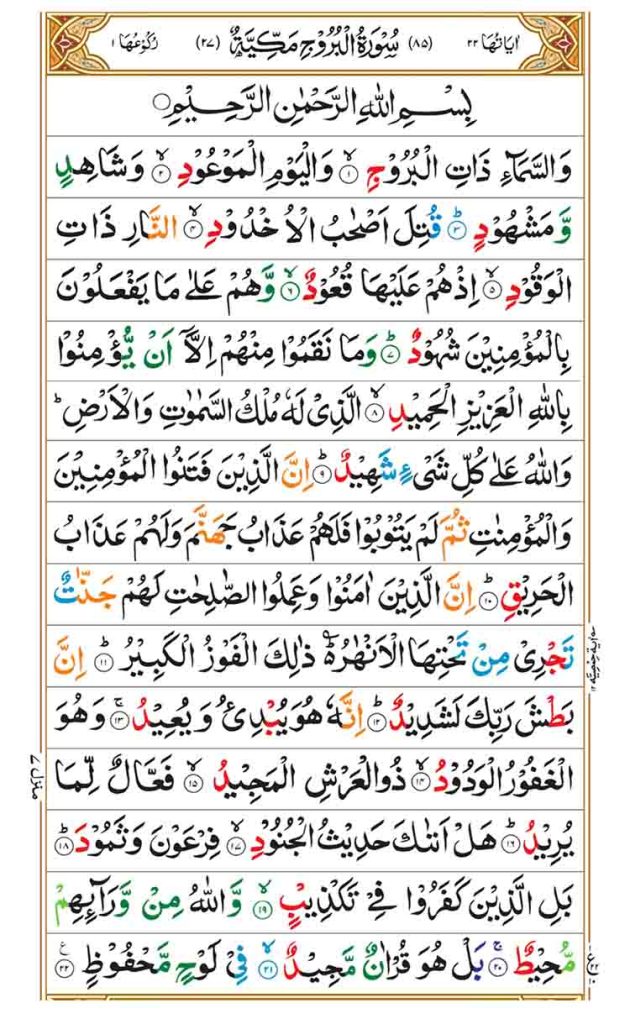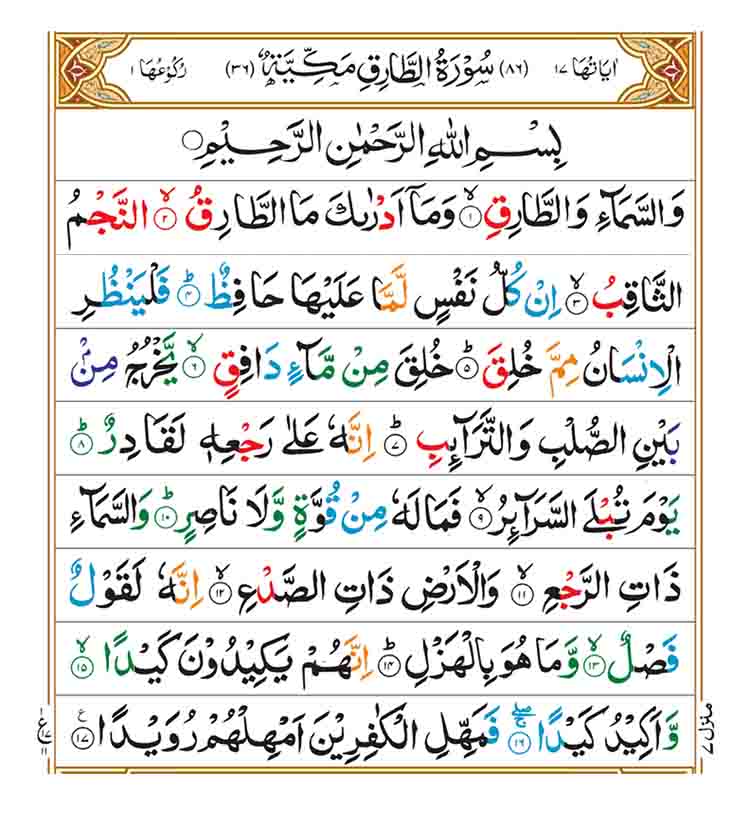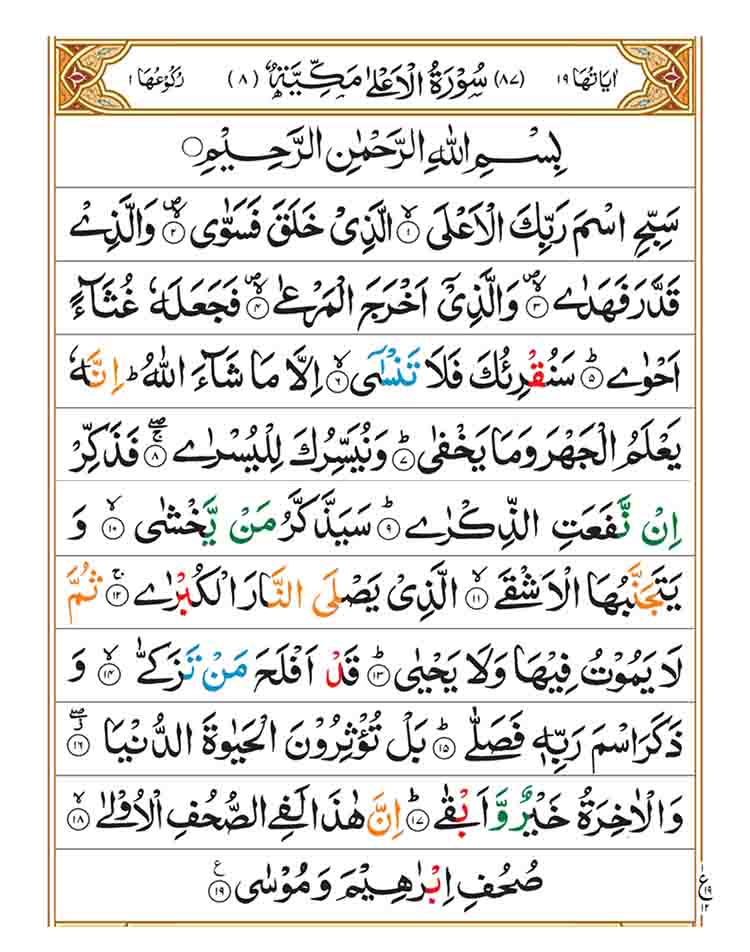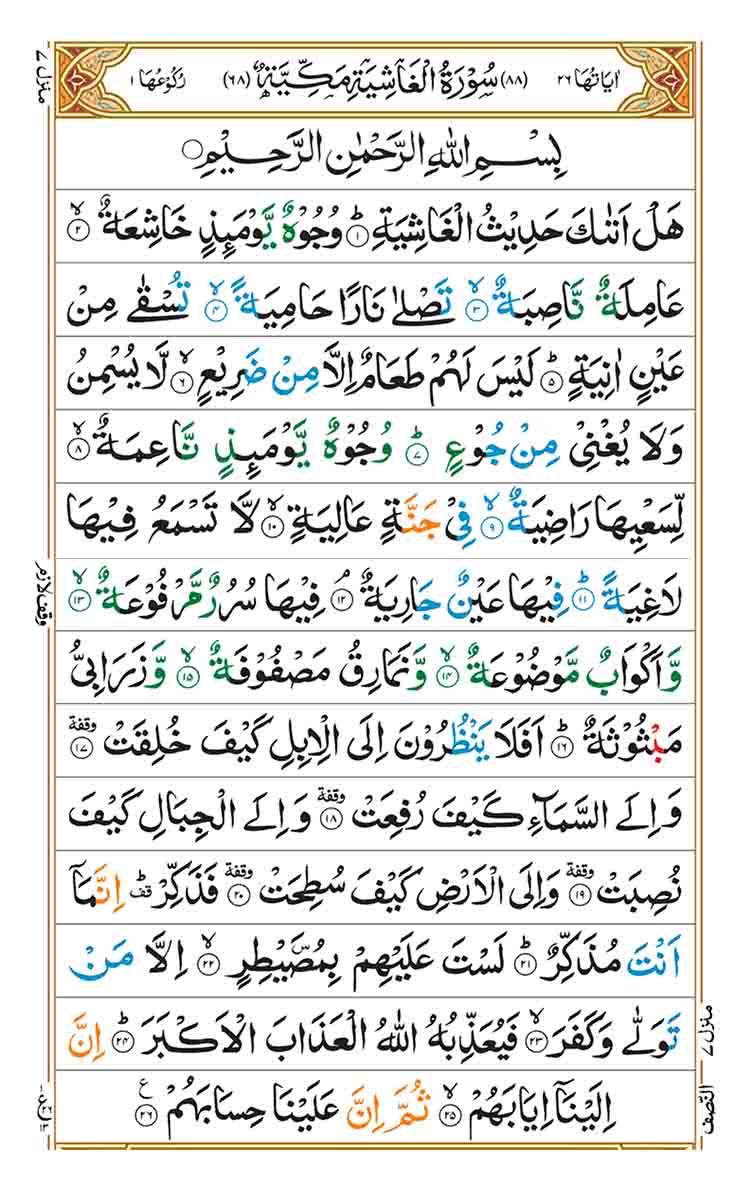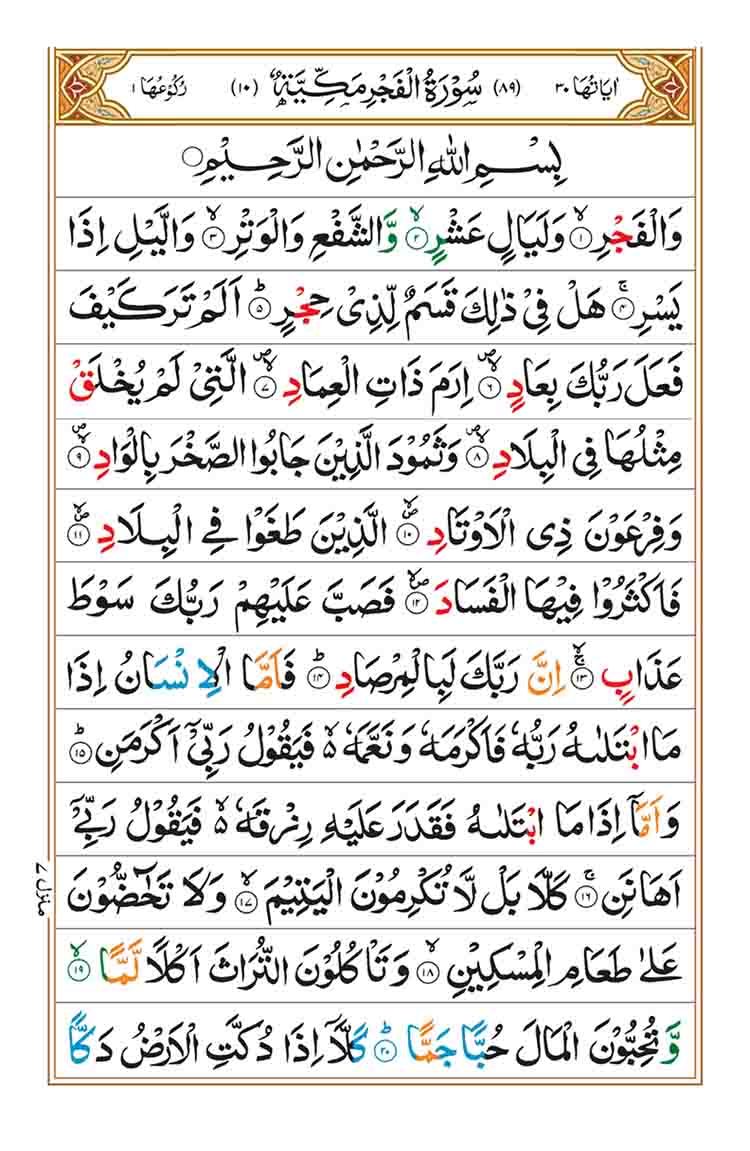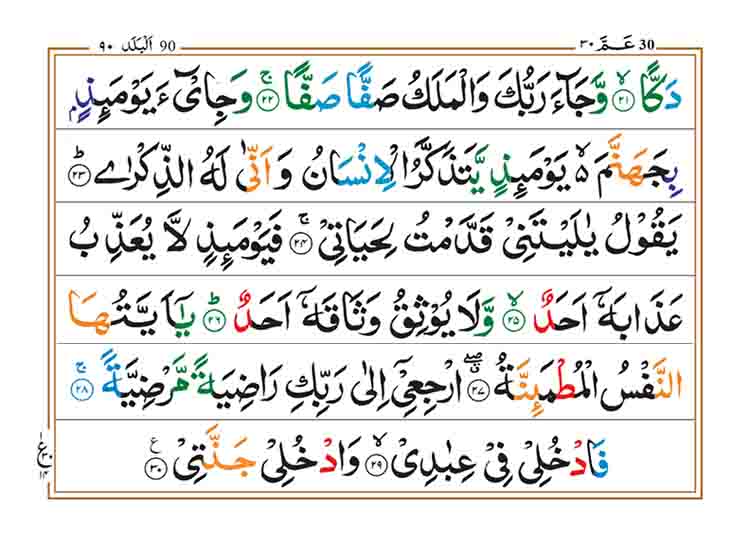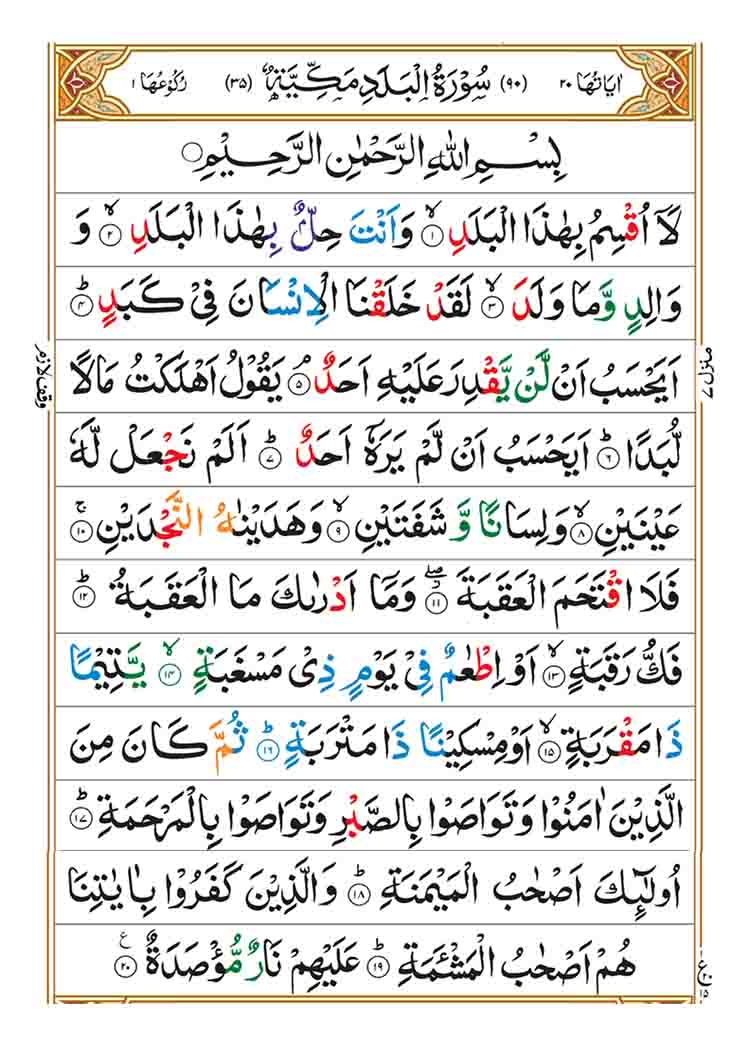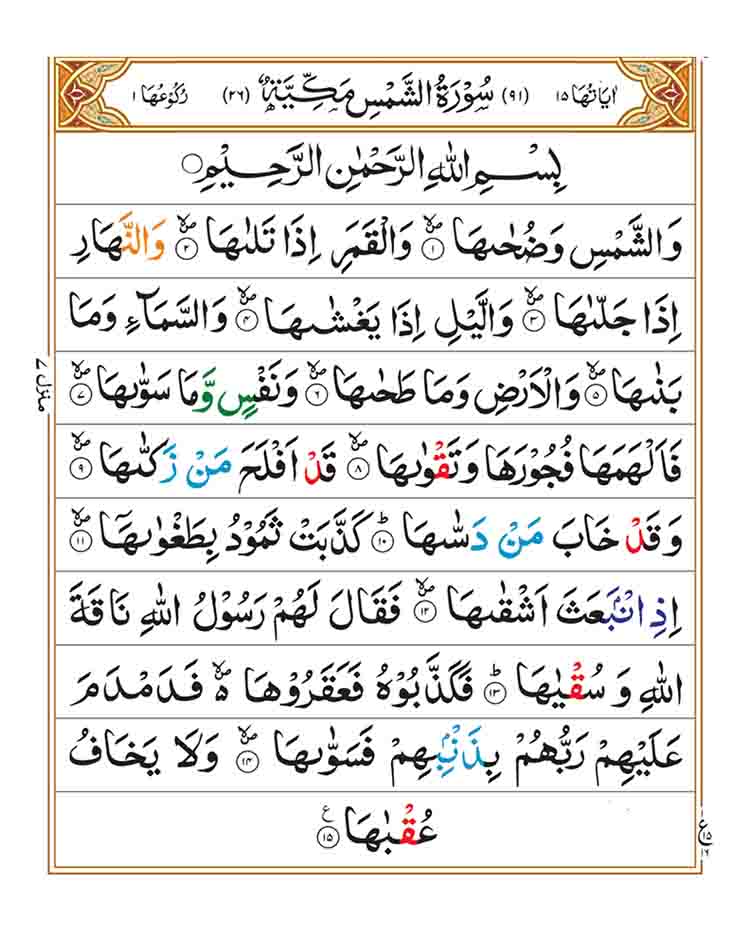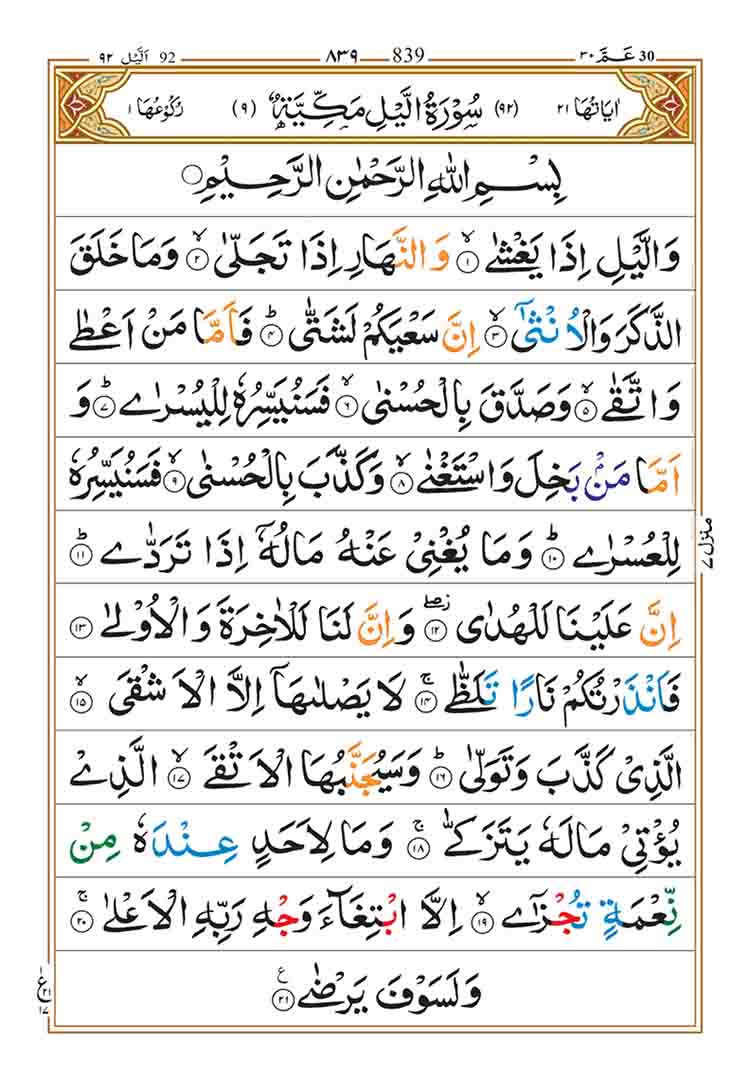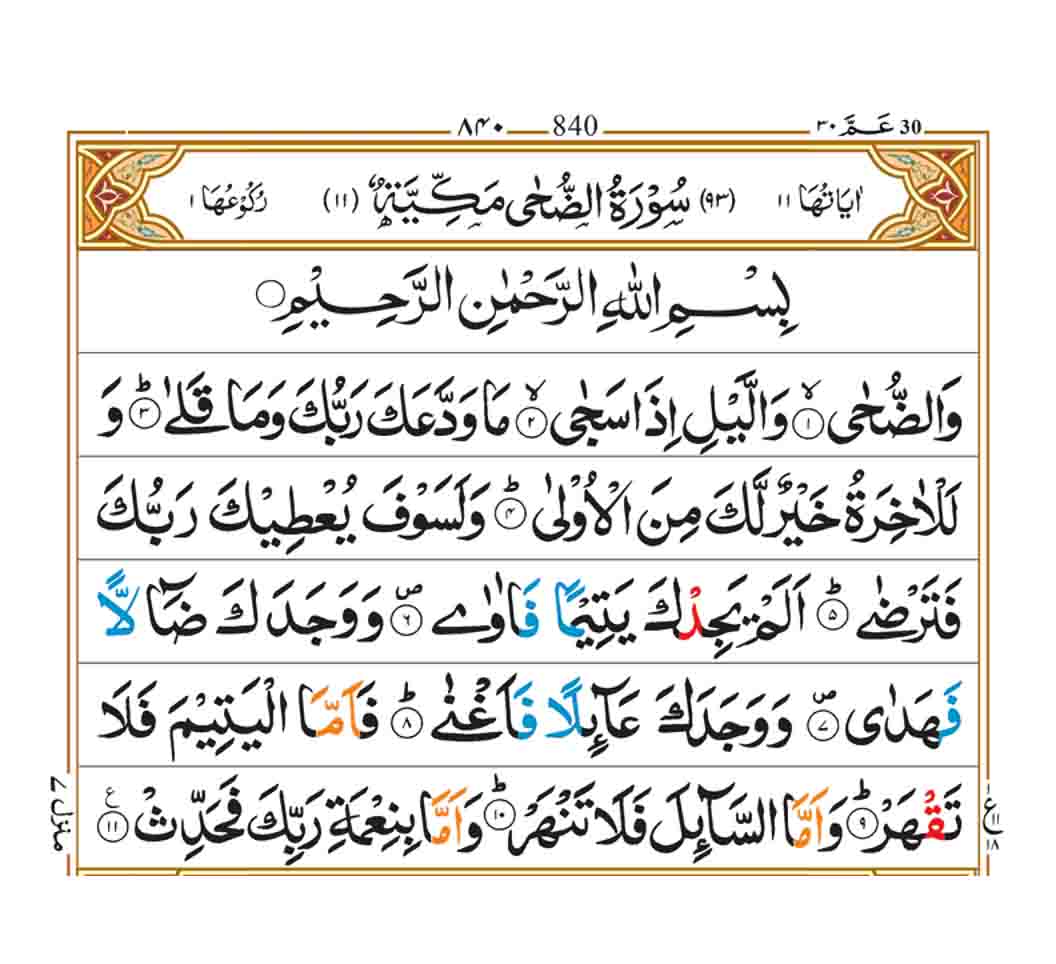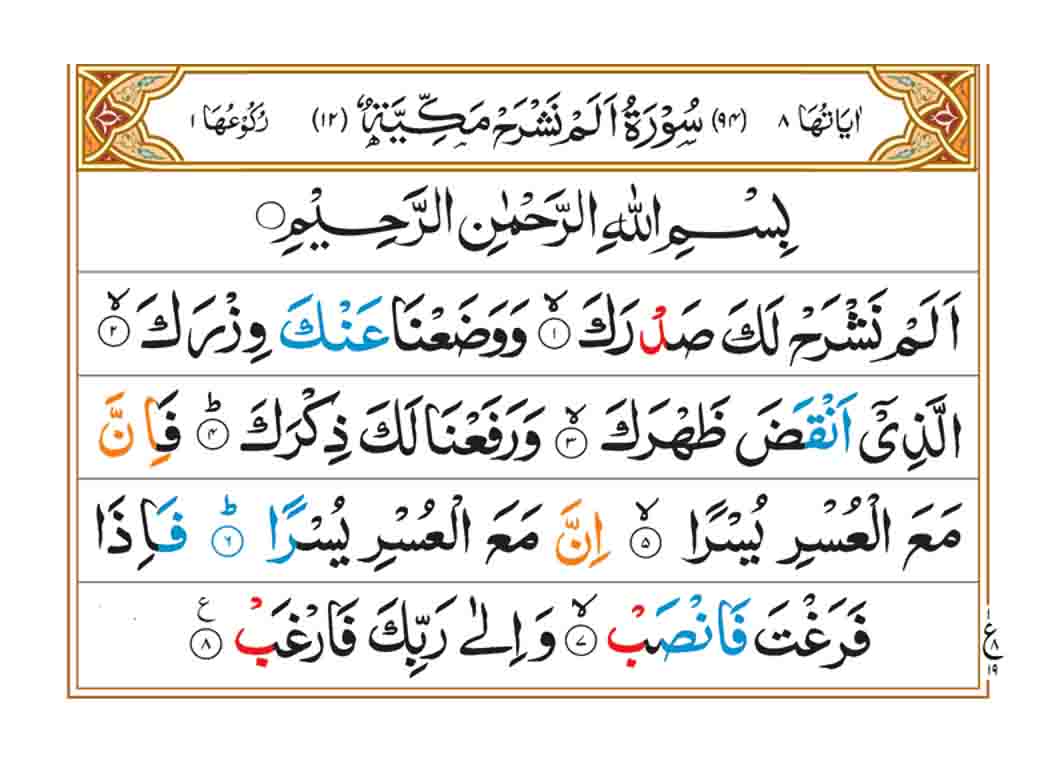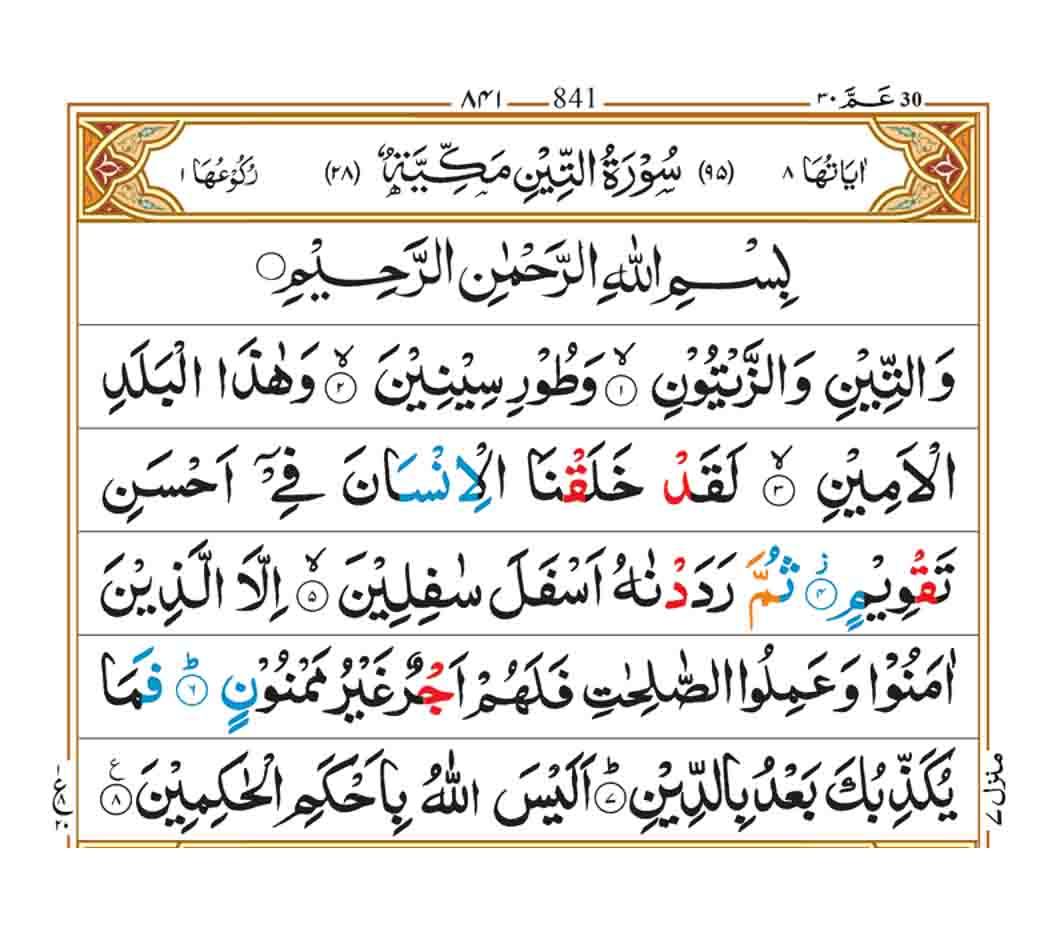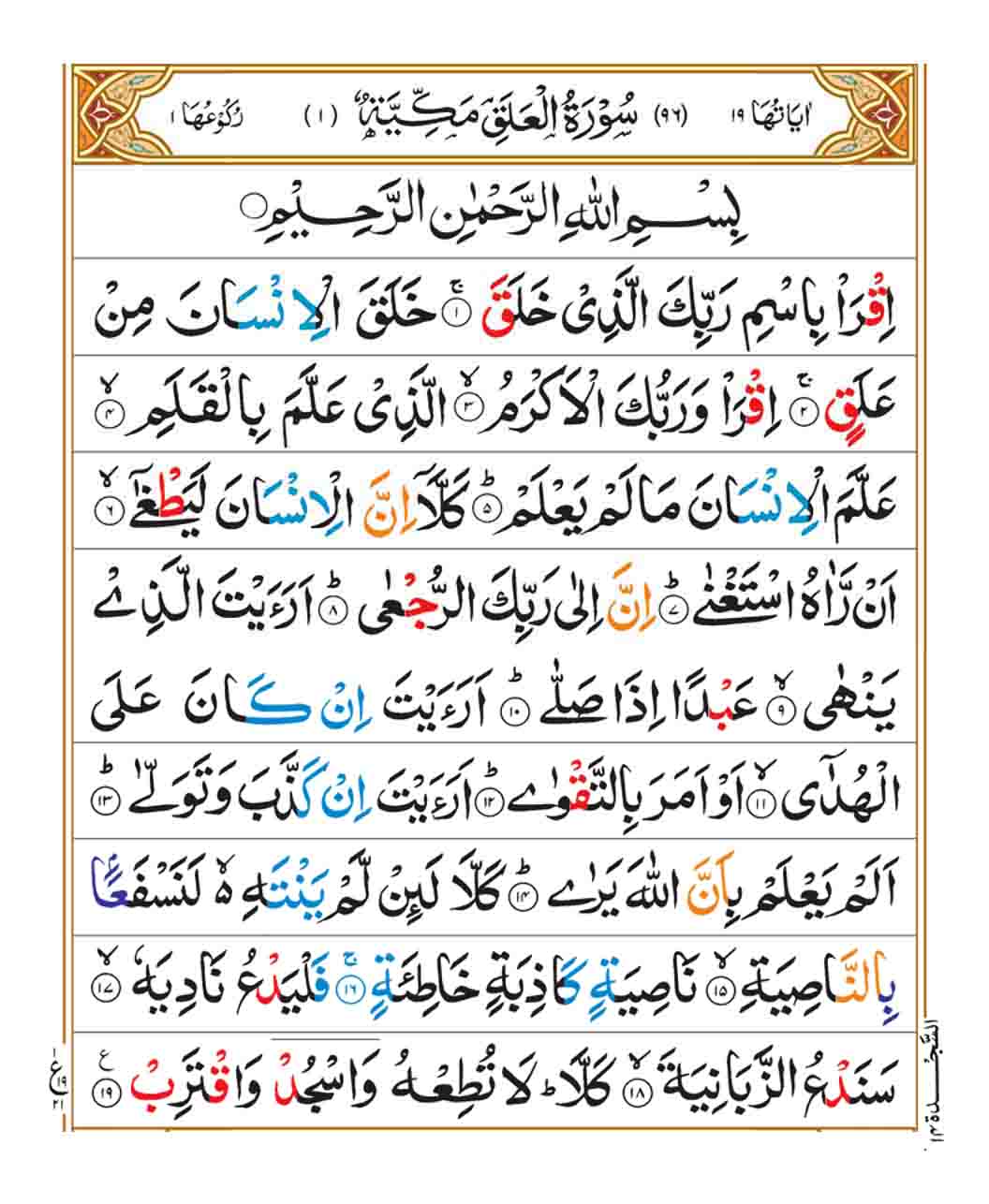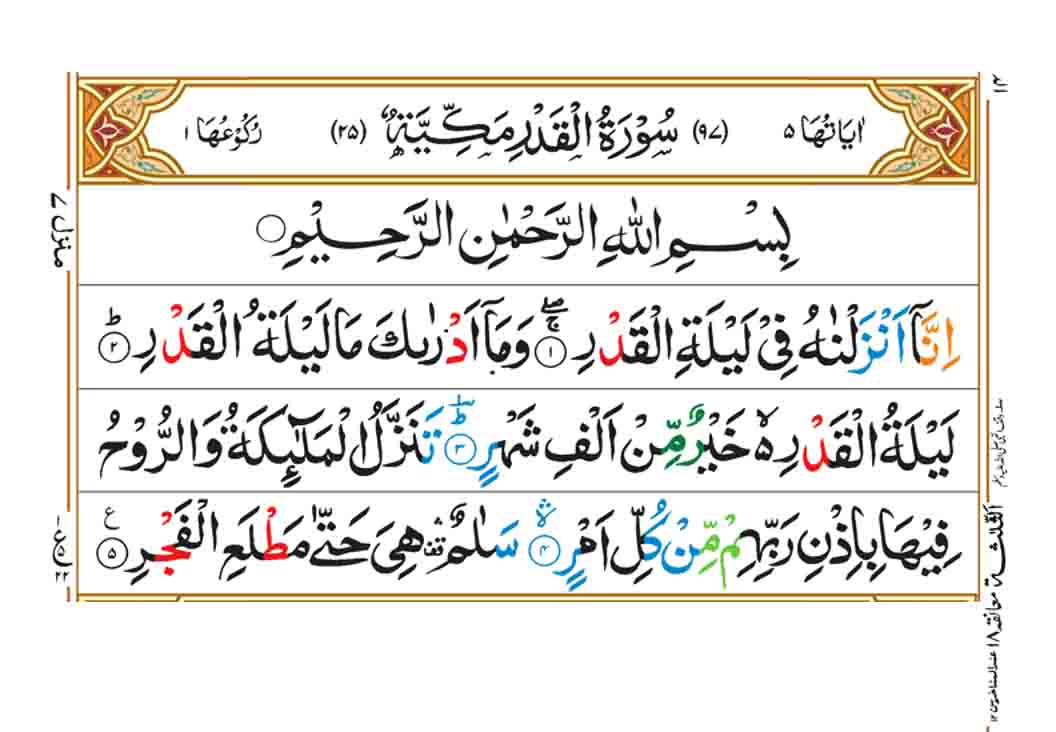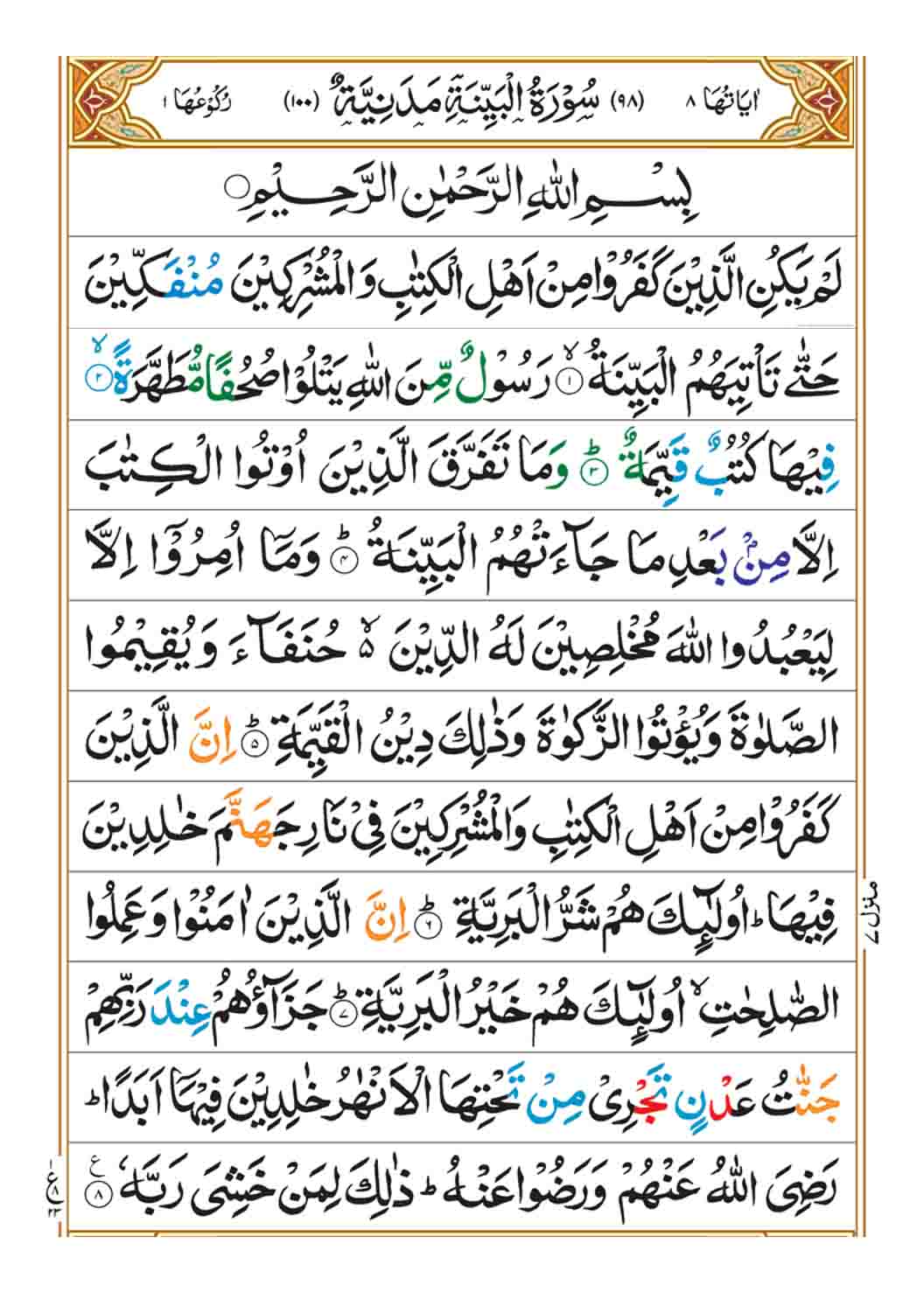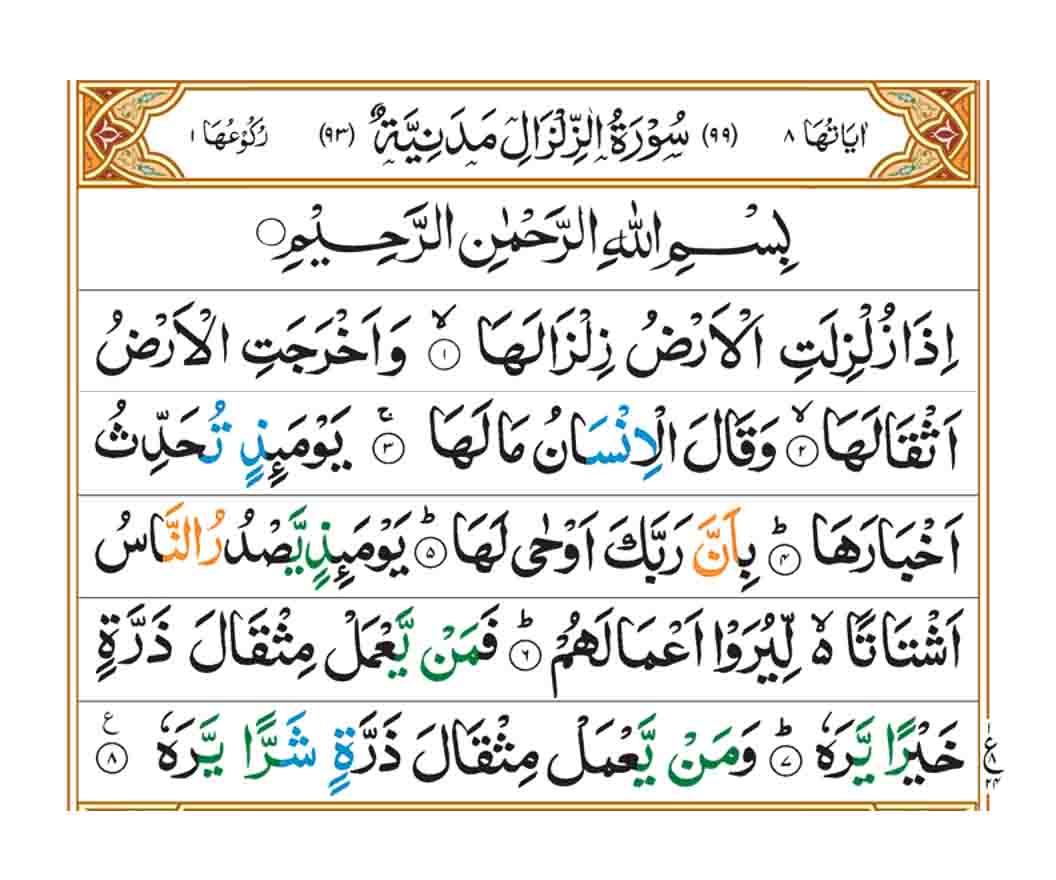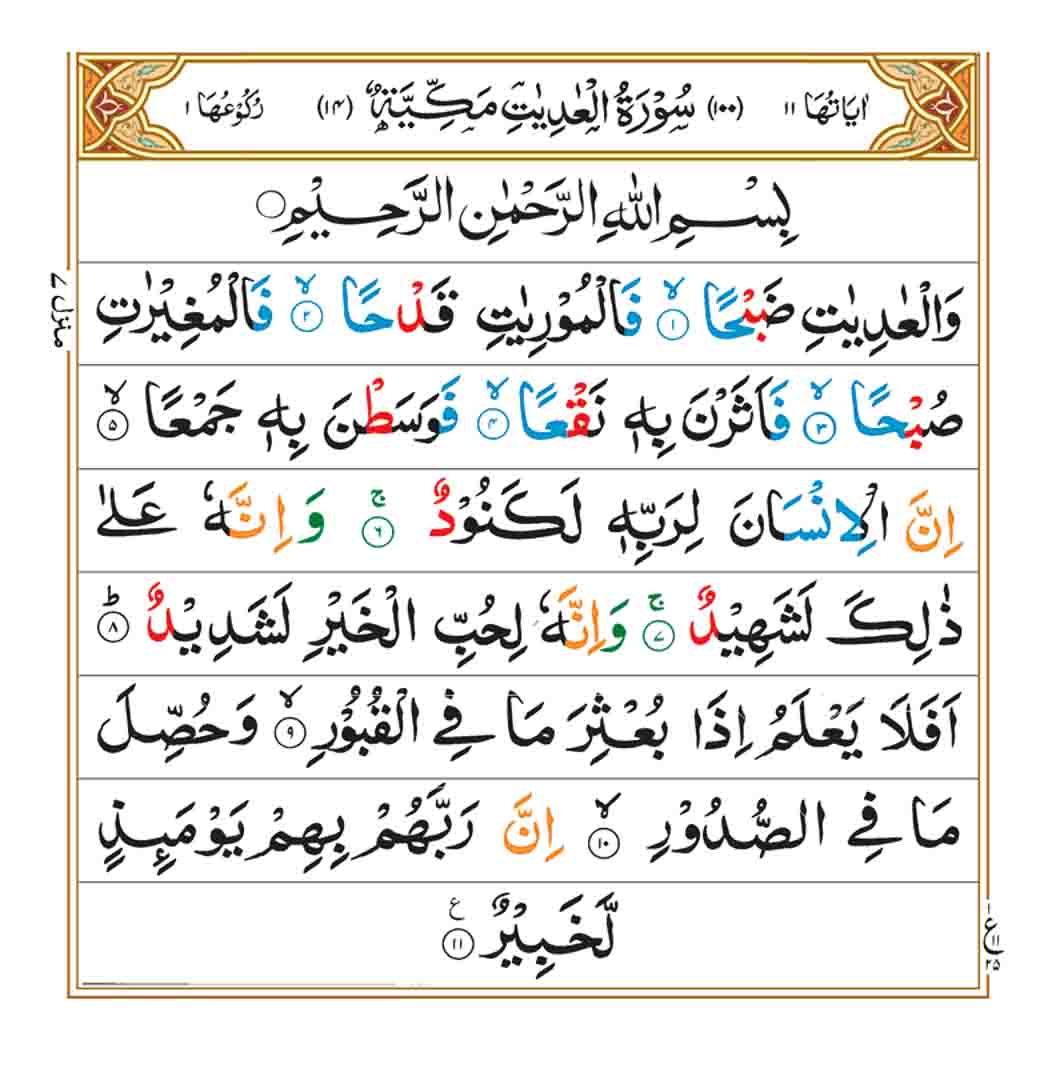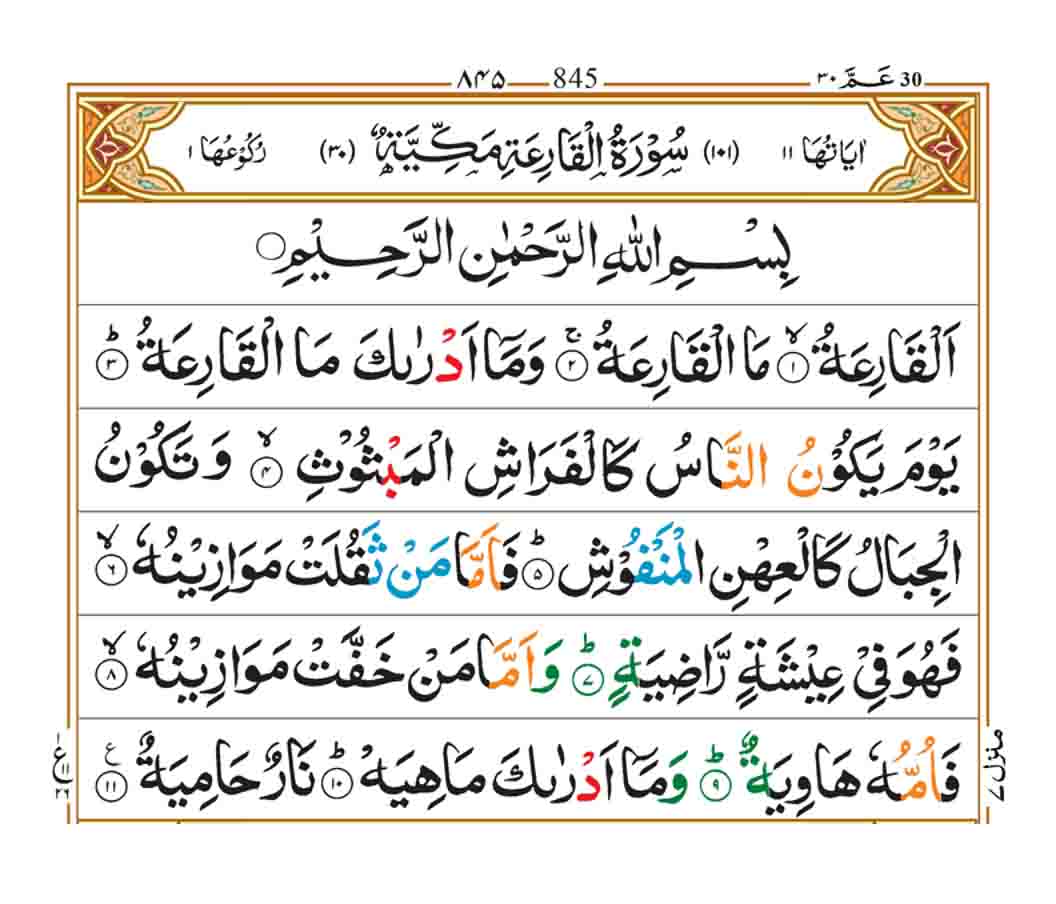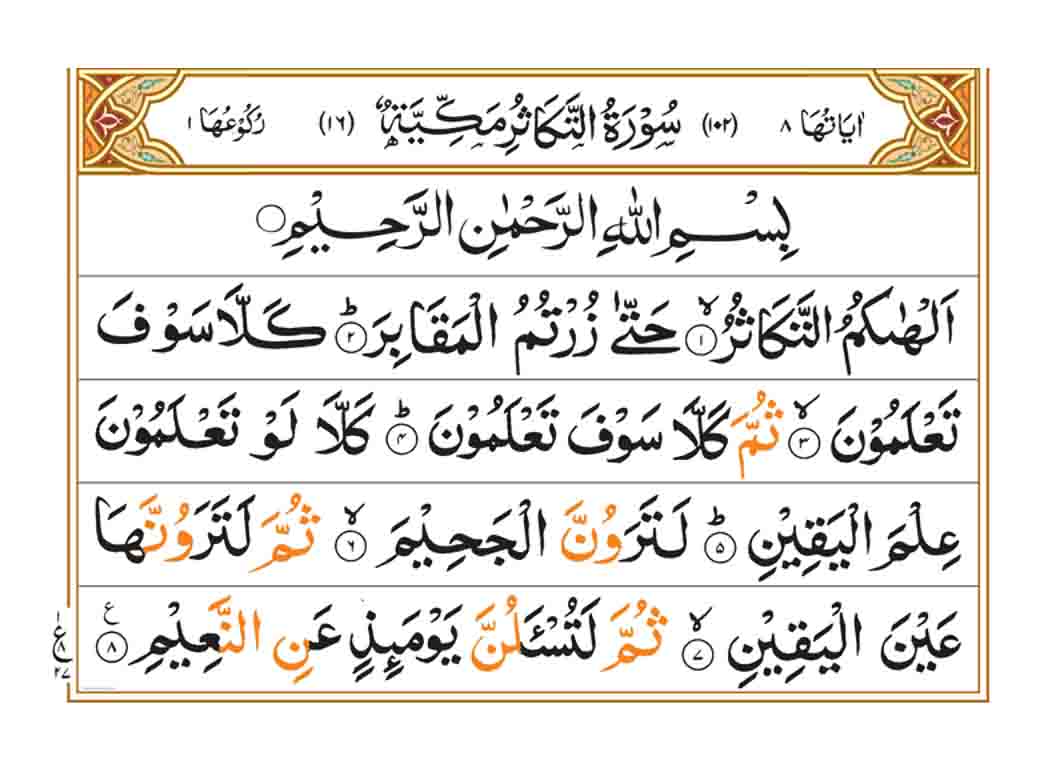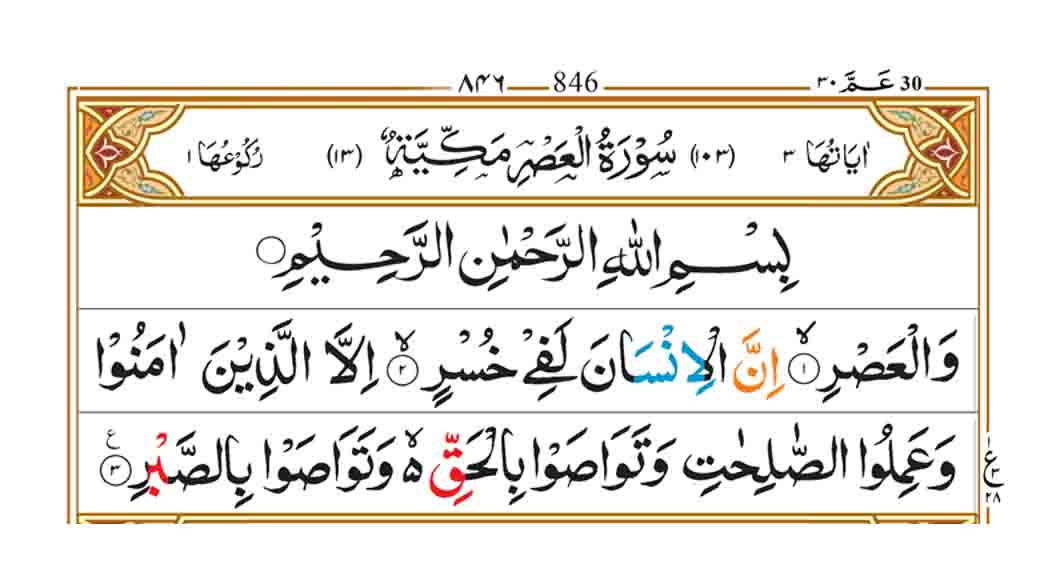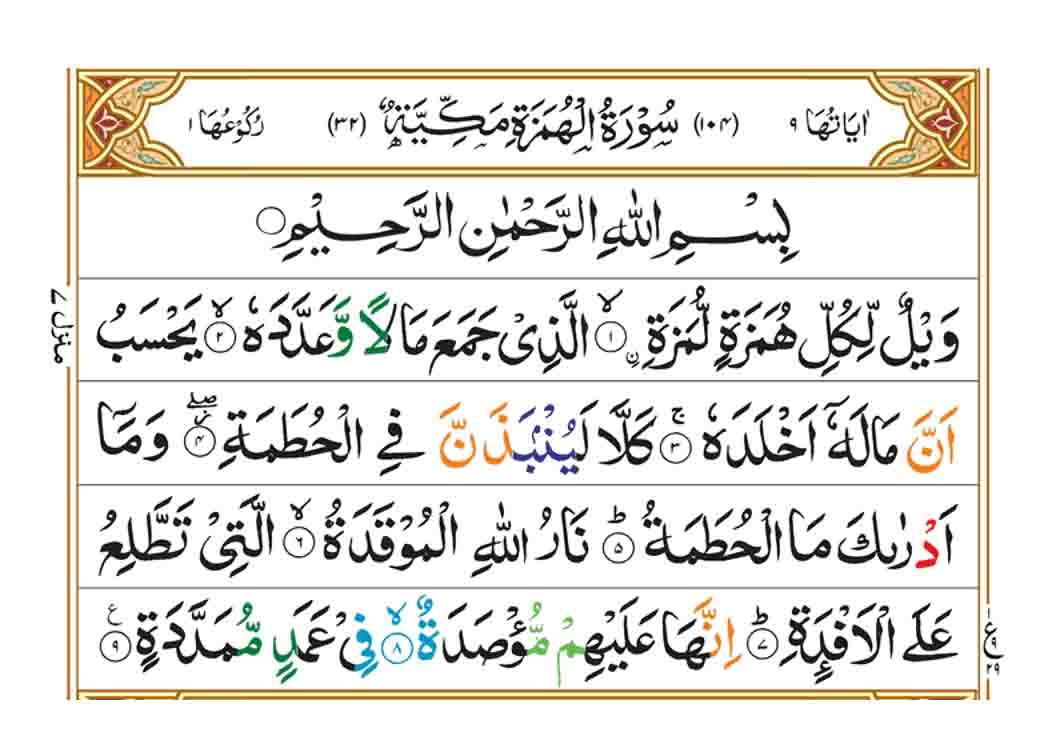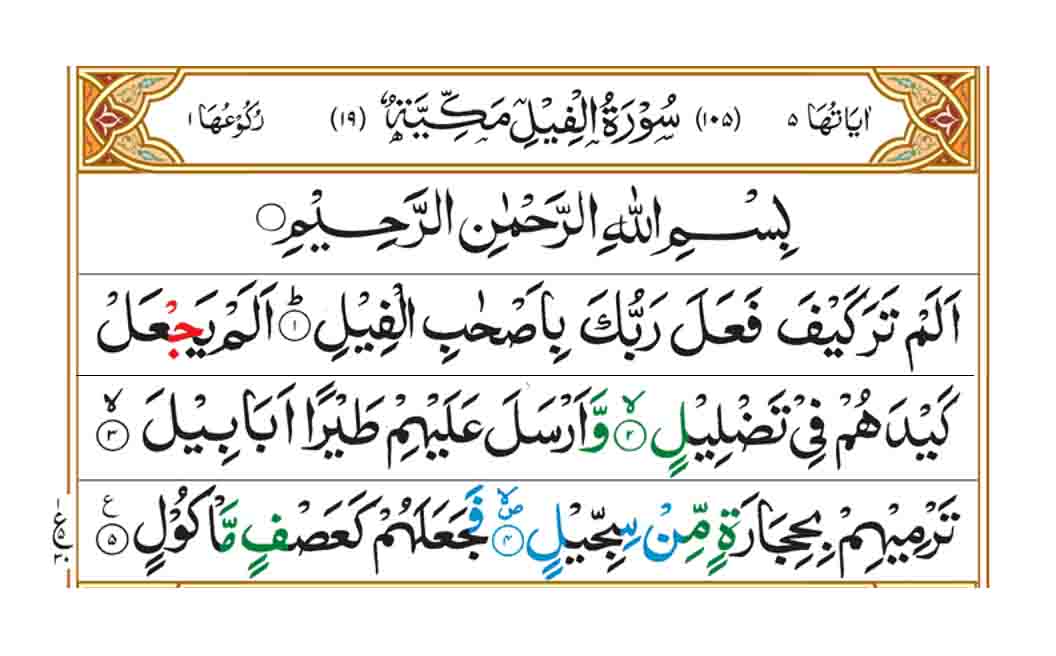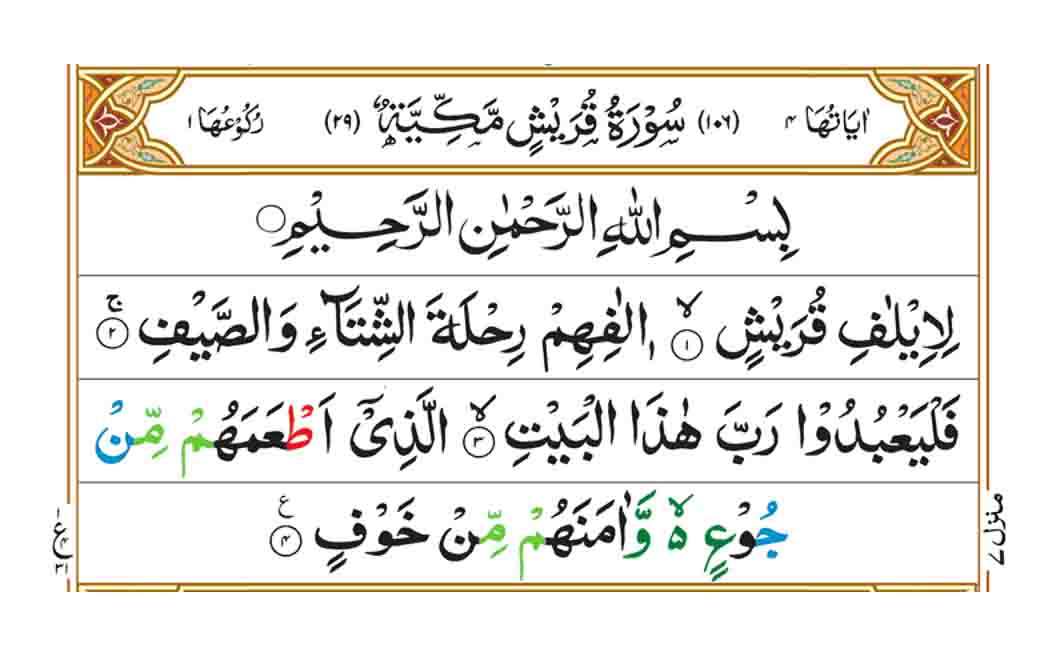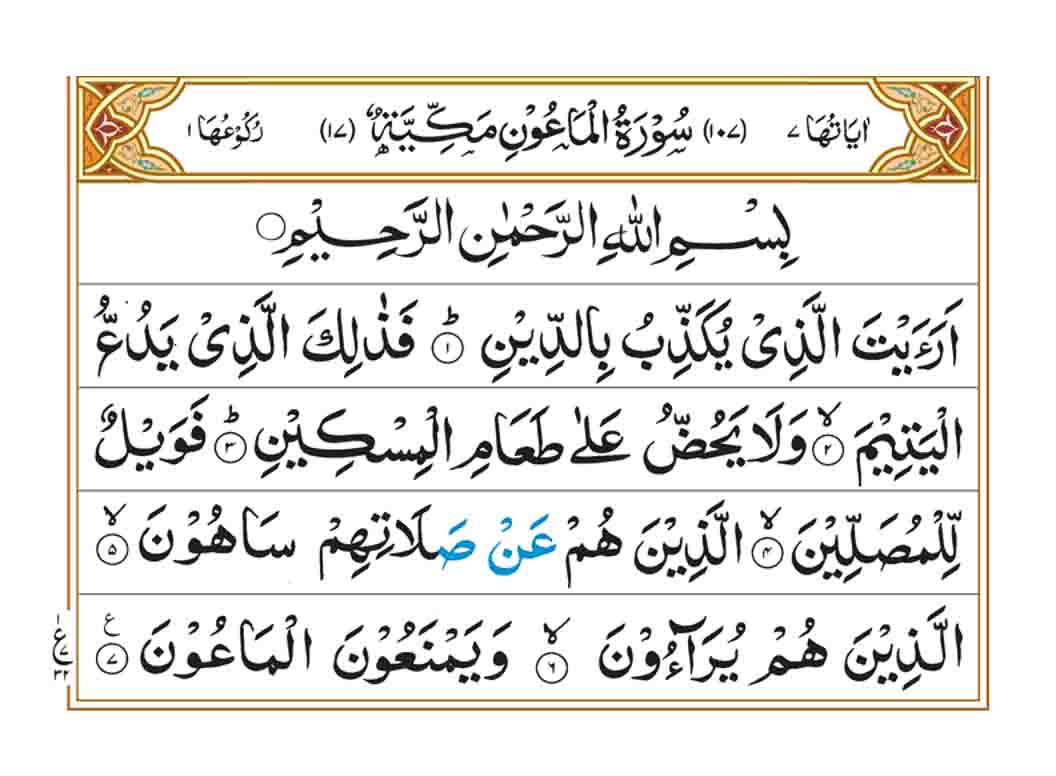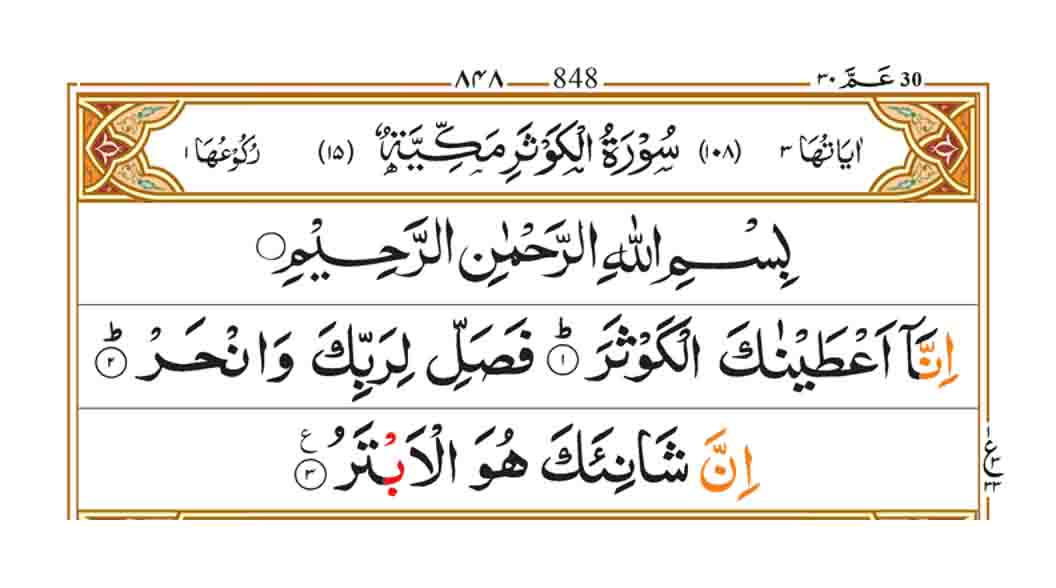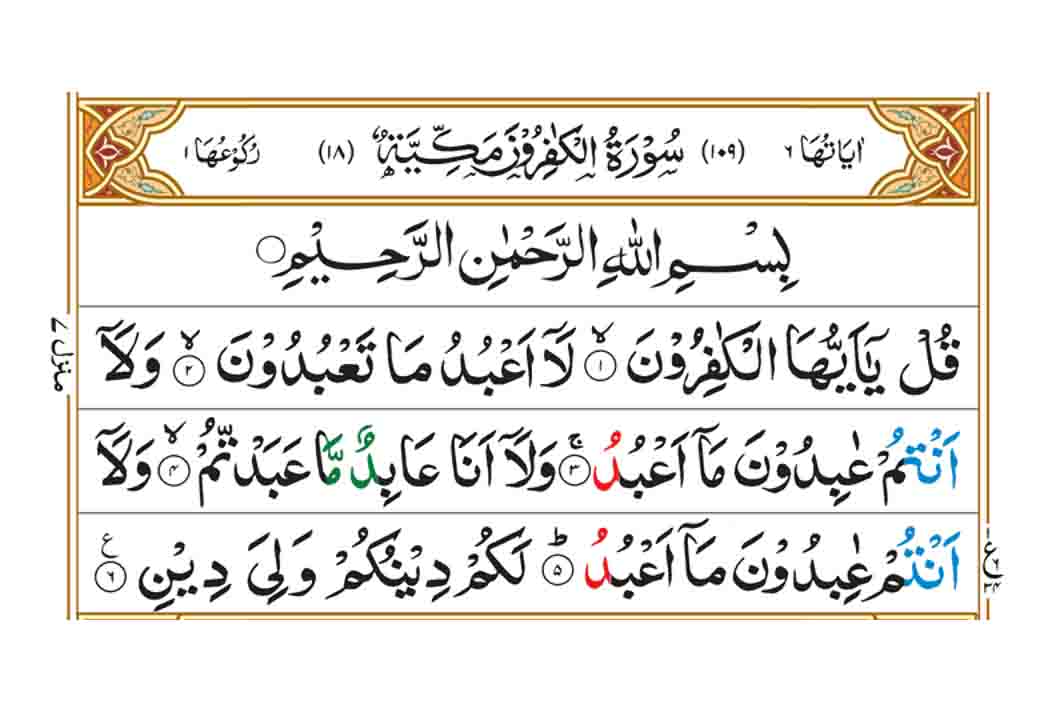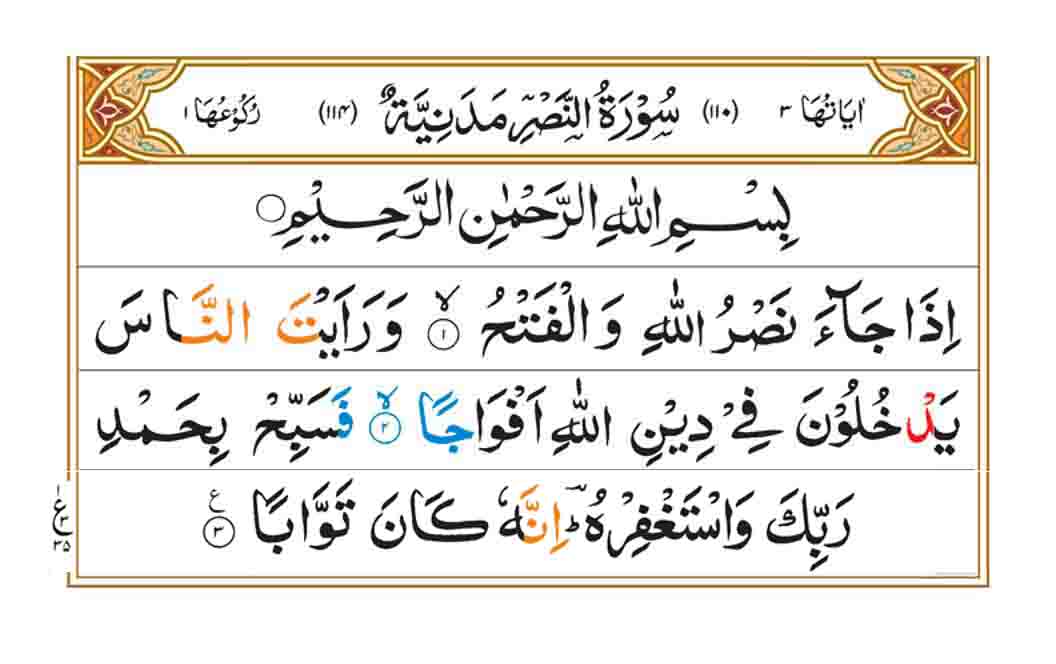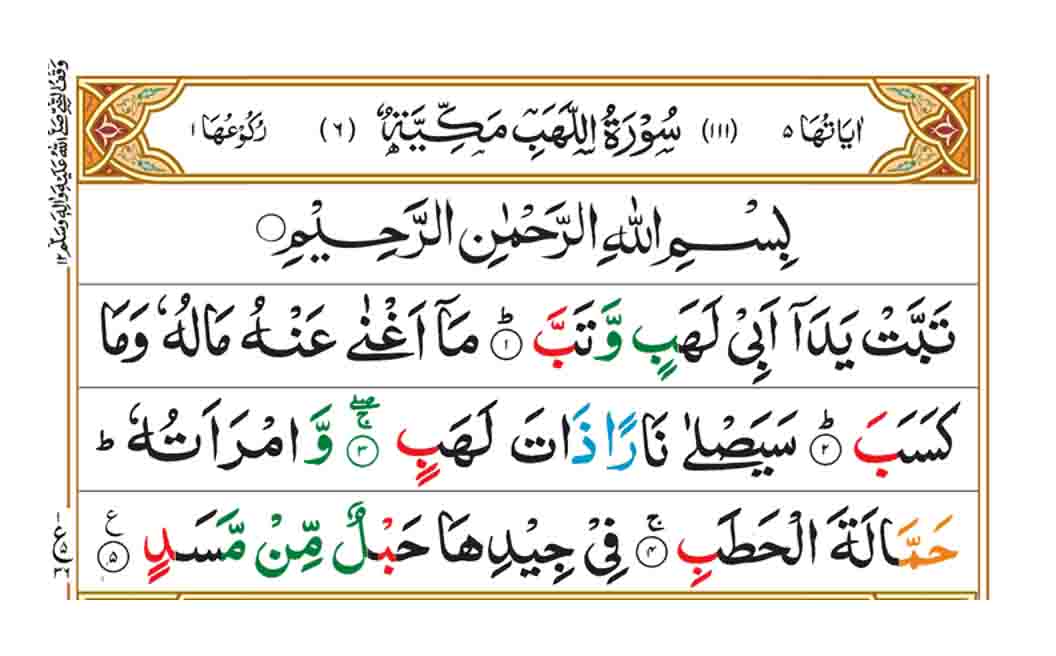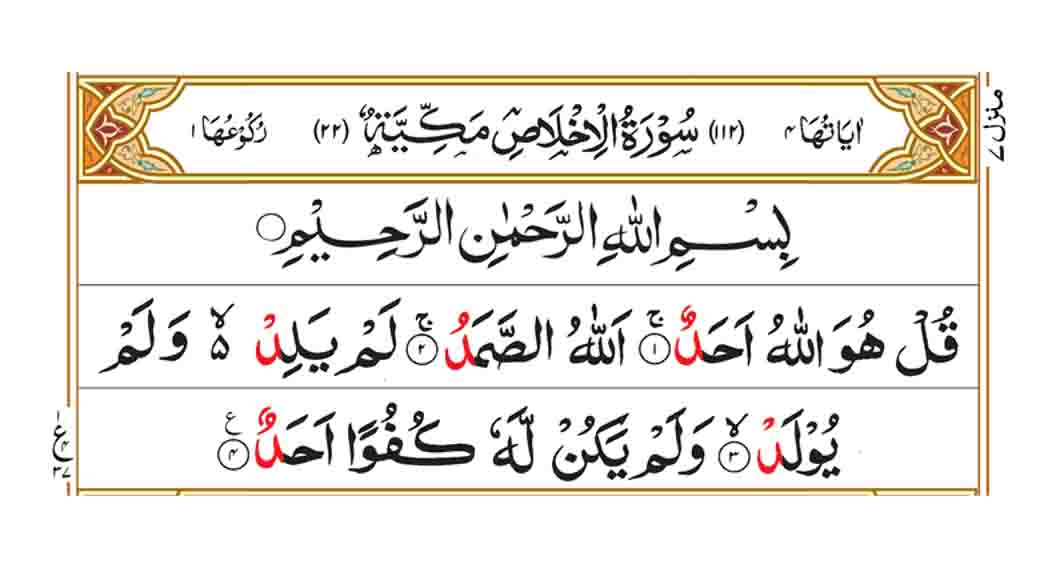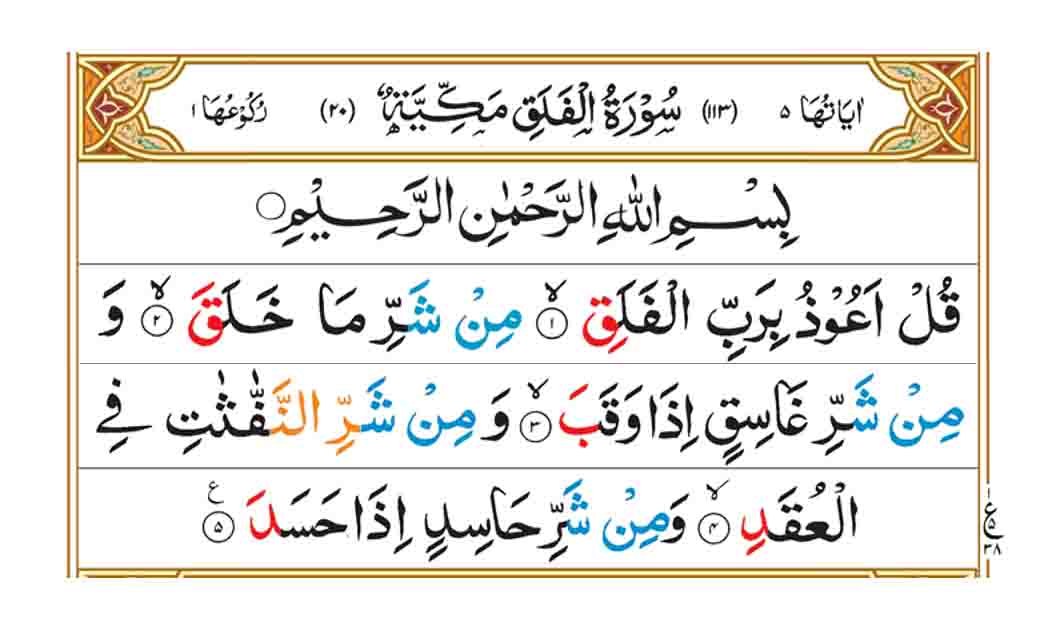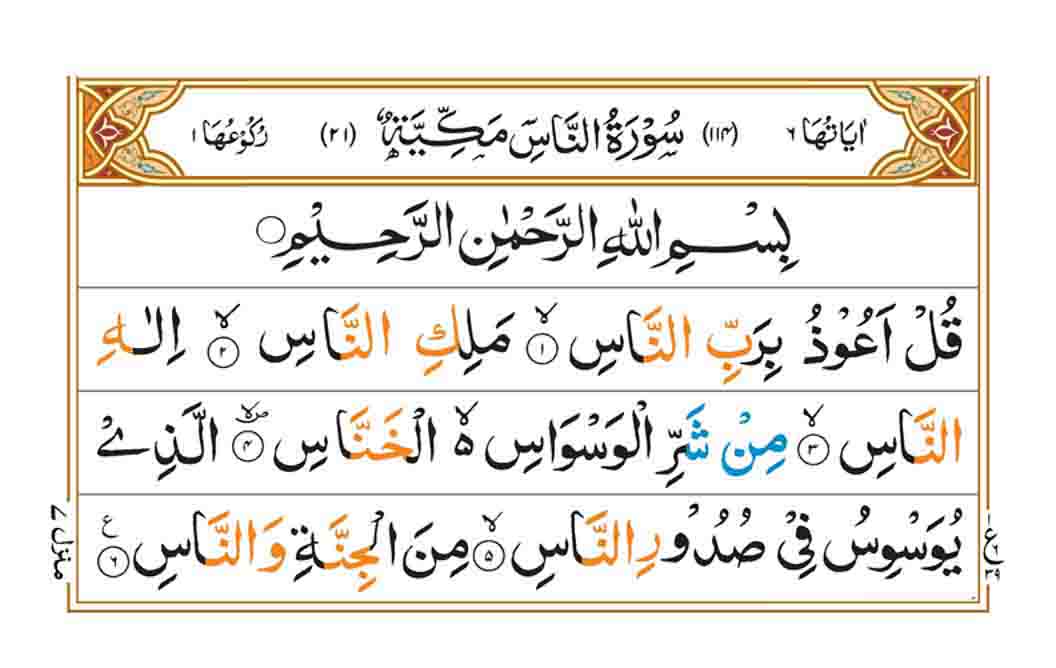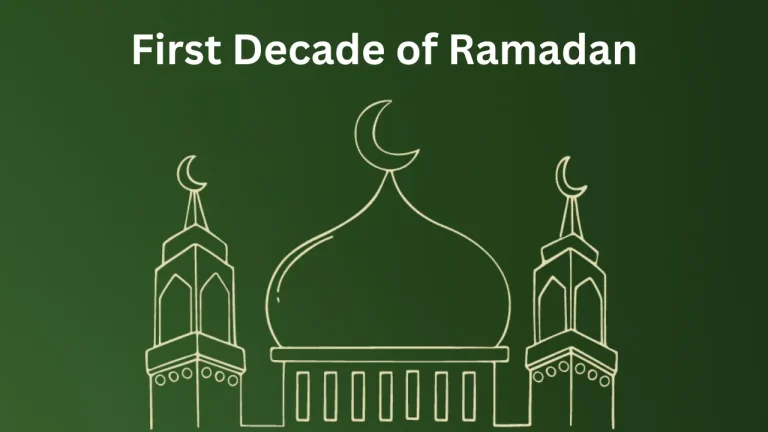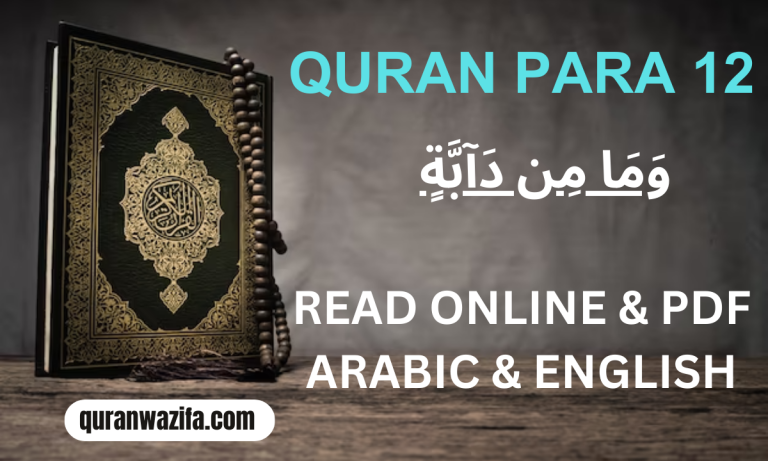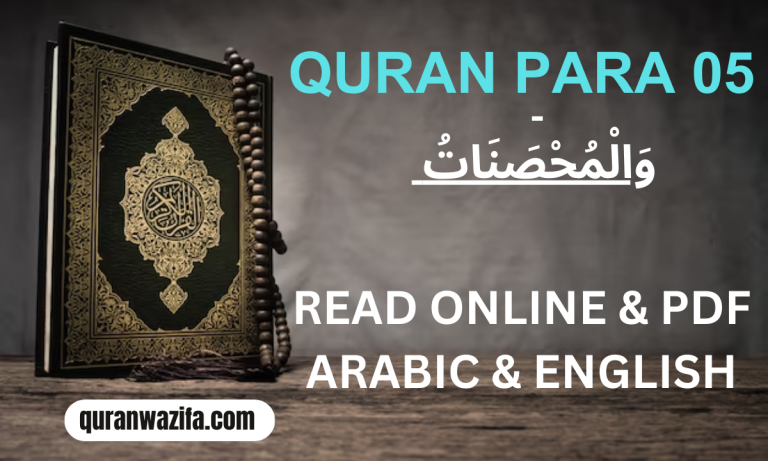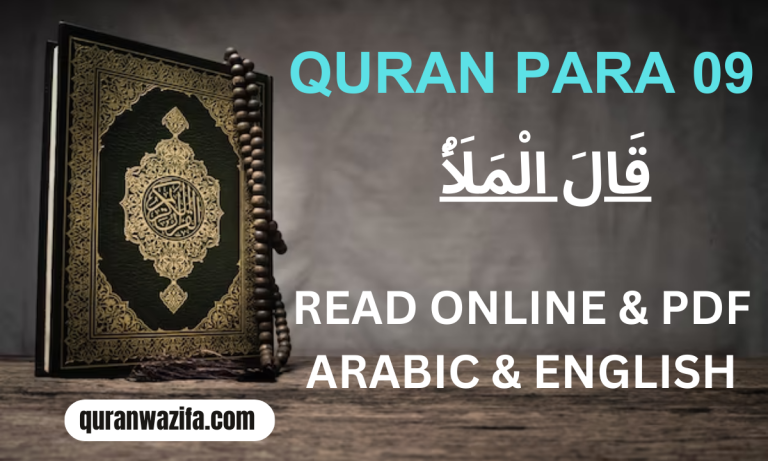Quran Para 30 (عم) Amma Recite Online And PDF
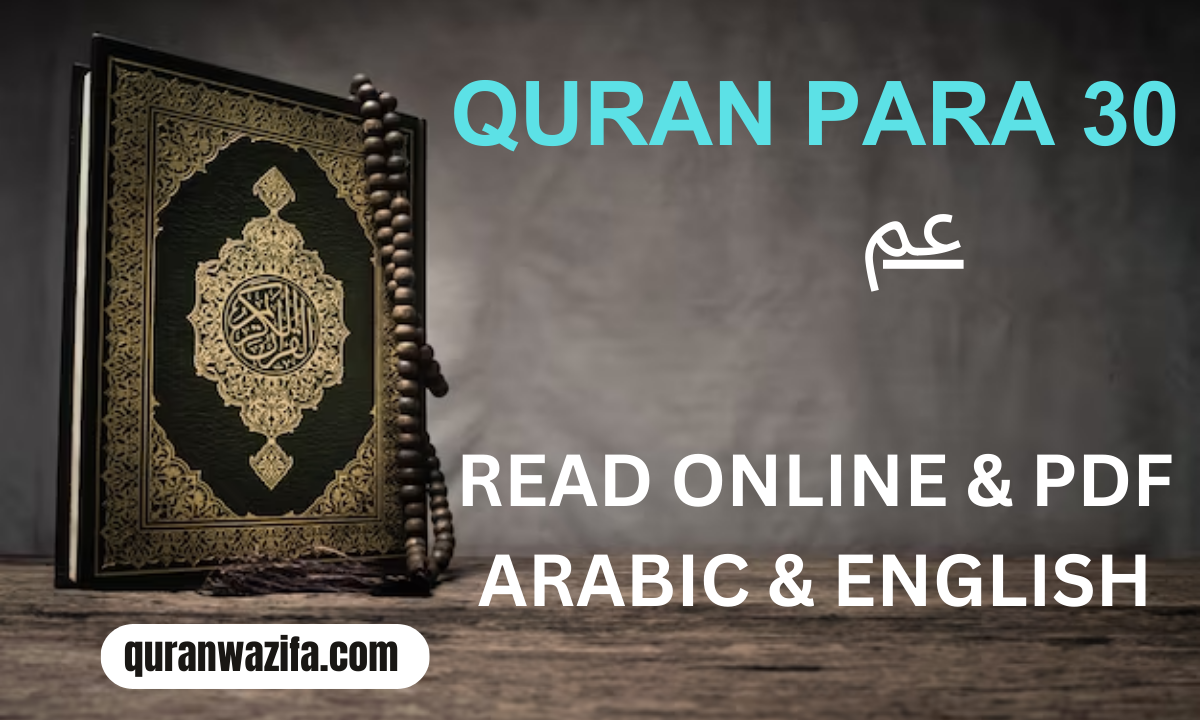
Quran Para 30 (عم) Amma Recite Online And PDF A good Muslim’s life is incomplete without reciting the Quran. The Quran is recited regularly by most practicing Muslims.
Quran Para 30 (عم) Amma Recite Online And PDF
I think this is a very nice act, and everyone should appreciate it, especially their fellow humans. Muslims, however, believe that reciting the Quran without understanding its meaning is ineffective. This is a misconception, however.
Para 30 of the Quran is known as “Para Amma Yatasaaloon” and contains the final chapters or Surahs of the Quran. These chapters are generally shorter in length and focus on various aspects of faith, guidance, and the Day of Judgment. Here is a detailed overview of the content of Para 30
Download Para Amma 30 PDF
Click Here And Download Para 30
-
Surah An-Naba (Chapter 78)
- This Surah has 40 verses and begins with the question “عَمَّ یَتَسَآءَلُوْنَ” (Amma yatasaaloon), which means “About what are they asking one another?”
- It discusses the resurrection, the signs of God in the natural world, and the consequences for those who reject the message of God.
-
Surah An-Naziat (Chapter 79)
- This Surah has 46 verses and focuses on the themes of resurrection, the Day of Judgment, and the fate of different groups of people.
-
Surah Abasa (Chapter 80)
- This Surah has 42 verses and addresses the Prophet Muhammad’s interaction with a blind man and the importance of delivering the message of Islam to all, regardless of their social status.
-
Surah At-Takwir (Chapter 81)
- This Surah has 29 verses and discusses the signs of the end of the world and the Day of Judgment.
-
Surah Al-Infitar (Chapter 82)
- This Surah has 19 verses and emphasizes the resurrection and accountability on the Day of Judgment.
-
Surah Al-Mutaffifin (Chapter 83)
- This Surah has 36 verses and addresses the issue of cheating, dishonesty, and injustice in trade and commerce.
-
Surah Al-Inshiqaq (Chapter 84)
- This Surah has 25 verses and describes the events of the Day of Judgment when the earth will split open, and people will be gathered for judgment.
-
Surah Al-Buruj (Chapter 85)
- This Surah has 22 verses and narrates the story of the persecution faced by early believers and the consequences for those who tortured them.
-
Surah At-Tariq (Chapter 86)
- This Surah has 17 verses and highlights the creation of the human being and the presence of a guardian angel recording deeds.
-
Surah Al-Ala (Chapter 87)
- This Surah has 19 verses and emphasizes the greatness of Allah and the importance of remembrance and worship.
-
Surah Al-Ghashiyah (Chapter 88)
- This Surah has 26 verses and discusses the Day of Judgment and the division of people into different groups based on their deeds.
-
Surah Al-Fajr (Chapter 89)
- This Surah has 30 verses and reflects on the rise and fall of civilizations and the consequences of rejecting the message of God.
-
Surah Al-Balad (Chapter 90)
- This Surah has 20 verses and emphasizes moral and ethical values, particularly acts of kindness and charity.
-
Surah Ash-Shams (Chapter 91)
- This Surah has 15 verses and discusses the natural phenomena and the guidance provided by Allah.
-
Surah Al-Lail (Chapter 92):
- This Surah has 21 verses and addresses the contrast between good and evil deeds and their consequences.
-
Surah Adh-Dhuha (Chapter 93)
- This Surah has 11 verses and provides comfort and encouragement to the Prophet Muhammad during a period of revelation.
-
Surah Ash-Sharh (Chapter 94):
- This Surah has 8 verses and comforts the Prophet by reminding him of Allah’s blessings and support.
-
Surah At-Tin (Chapter 95)
- This Surah has 8 verses and discusses the sanctity of the human soul.
-
Surah Al-Alaq (Chapter 96):
- This Surah has 19 verses and is the first revelation received by the Prophet Muhammad, emphasizing the importance of knowledge and learning.
-
Surah Al-Qadr (Chapter 97)
- This Surah has 5 verses and highlights the significance of the Night of Decree (Laylat al-Qadr) during the month of Ramadan.
-
Surah Al-Bayyina (Chapter 98)
- This Surah has 8 verses and discusses the clarity and evidence of the message of Islam.
-
Surah Az-Zalzalah (Chapter 99)
- This Surah has 8 verses and describes the events of the Day of Judgment and how people deeds will be revealed.
-
Surah Al-Adiyat (Chapter 100)
- This Surah has 11 verses and focuses on he ingratitude and wrongdoing of humanity.
-
Surah Al-Qari’ah (Chapter 101)
- This Surah has 11 verses and describes the reckoning of deeds on the Day of Judgment.
-
Surah At-Takathur (Chapter 102)
- This Surah has 8 verses and warns against the obsession with material wealth and competition.
-
Surah Al-Asr (Chapter 103)
- This Surah has 3 verses and emphasizes the importance of faith, righteous deeds, and patience.
-
Surah Al-Humazah (Chapter 104)
- This Surah has 9 verses and condemns slander and backbiting.
-
Surah Al-Fil (Chapter 105)
- This Surah has 5 verses and recalls the story of the elephant and Abraha’s attempt to attack the Kaaba in Mecca.
-
Surah Quraish (Chapter 106)
- This Surah has 4 verses and reminds the tribe of Quraish of the blessings and protection they have received.
-
Surah Al-Ma’un (Chapter 107)
- This Surah has 7 verses and condemns those who neglect acts of kindness and charity.
-
Surah Al-Kawthar (Chapter 108)
- This Surah has 3 verses and highlights the abundance of blessings and goodness granted to the Prophet Muhammad.
-
Surah Al-Kafirun (Chapter 109)
- This Surah has 6 verses and emphasizes the rejection of polytheism and the refusal to compromise in matters of faith.
-
Surah An-Nasr (Chapter 110)
- This Surah has 3 verses and announces the victory and success of Islam.
-
Surah Al-Masad (Chapter 111)
- This Surah has 5 verses and condemns the disbeliever Abu Lahab and his wife.
-
Surah Al-Ikhlas (Chapter 112):
- This Surah has 4 verses and succinctly describes the monotheistic belief in the oneness of Allah.
-
Surah Al-Falaq (Chapter 113)
- This Surah has 5 verses and seeks protection from the evil of darkness and harmful elements.
-
Surah An-Nas (Chapter 114)
- This Surah has 6 verses and seeks protection from the evil of mankind and negative influences.
Quran Para 30 عم (Amma)
Quran Para 30 Recitation Is Important For Muslims.
Reciting Quran Para 30 is highly significant for Muslims. This section, also known as Juz Amma, consists of the last part of the Quran, starting from Surah An Naba (Chapter 78) to Surah An Nas (Chapter 114). Here are some reasons why reciting Quran Para 30 is important for Muslims.
- Accessibility: Being the last part of the Quran Para 30 is easily accessible, and many Muslims start their Quranic memorization journey with these chapters.
- Short Chapters: The chapters in Juz Amma are generally shorter, making it more manageable for individuals, including children and new learners, to memorize and recite.
- Daily Prayers: Many of the short chapters from Para 30 are commonly recited in daily prayers, allowing Muslims to engage with these verses regularly.
- Essential Messages: Despite their brevity, the chapters in Juz Amma contain essential messages related to faith, morality, and guidance, serving as a constant reminder for believers.
- Spiritual Connection: Regular recitation of Para 30 helps establish and strengthen a Muslim spiritual connection with the Quran, fostering a deeper understanding of the divine teachings.
- Educational Tool: Para 30 is often used as an educational tool for teaching Quranic recitation and memorization due to its concise and straightforward nature.
- Completion of Quranic Reading: Finishing the Quran by reciting Para 30 provides a sense of accomplishment and serves as a goal for many Muslims during their Quranic studies.
- Universal Message: The chapters in Juz Amma contain a universal message that is applicable to various aspects of life, making it relevant for Muslims of all ages and backgrounds.
Conclusion
Quran Para 30 also known as Juz Amma, holds immense significance in the life of a Muslim. It encompasses a range of short chapters with profound messages, making it accessible and beneficial for believers of all ages. The recitation of these chapters is not only a part of daily prayers but also serves as a source of guidance and reflection on essential aspects of faith, morality, and guidance. The completion of Quranic reading with Para 30 provides a sense of accomplishment and strengthens the spiritual connection of Muslims with the divine teachings of the Quran.
